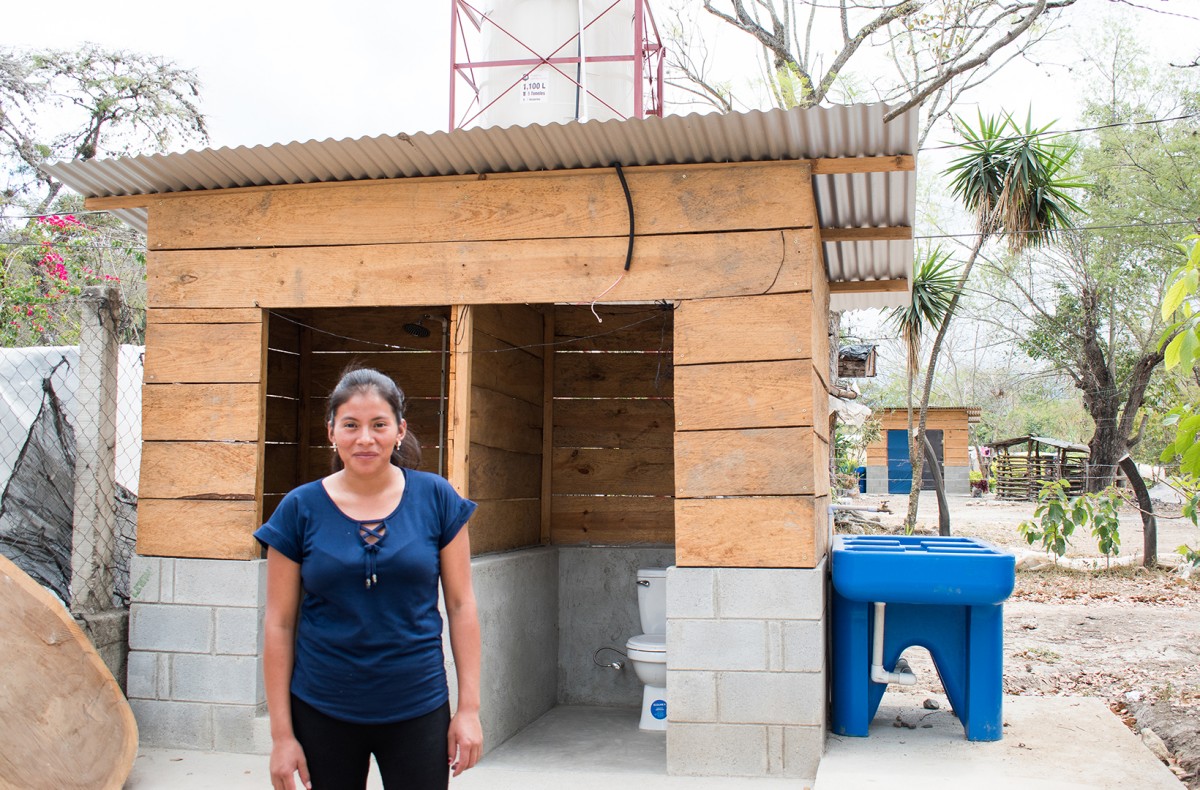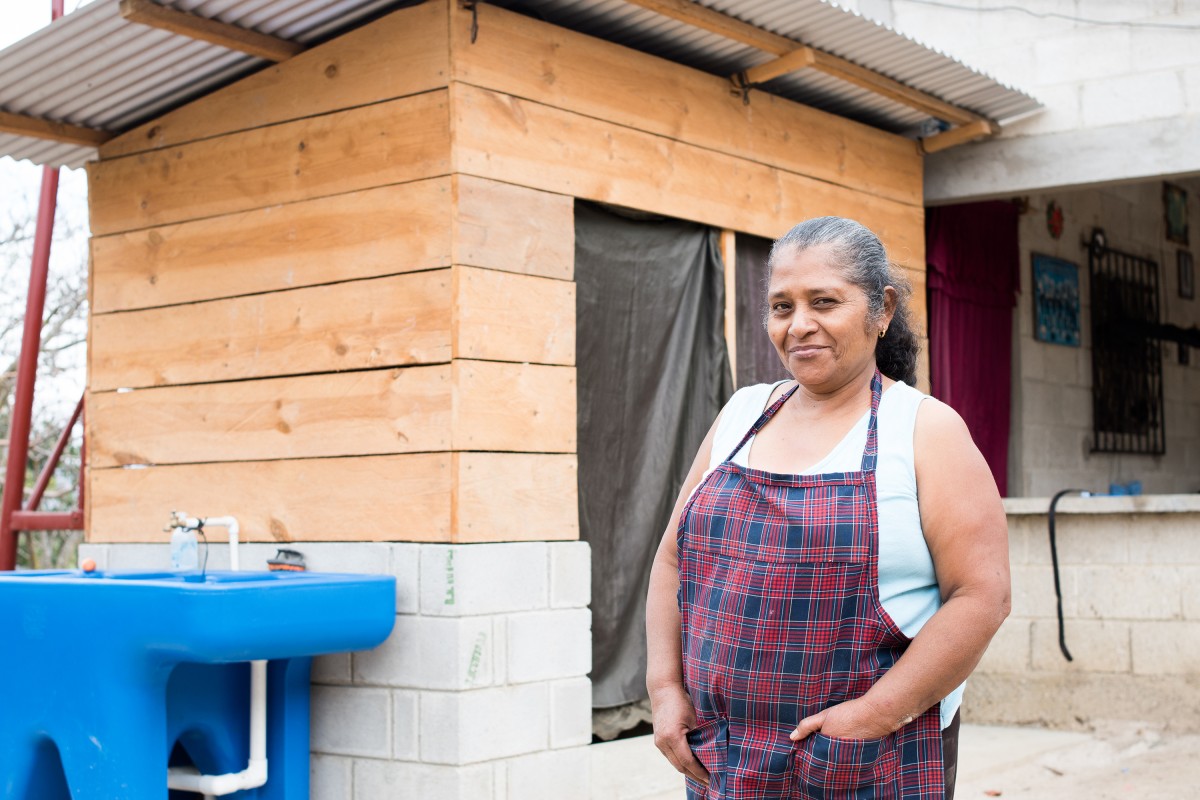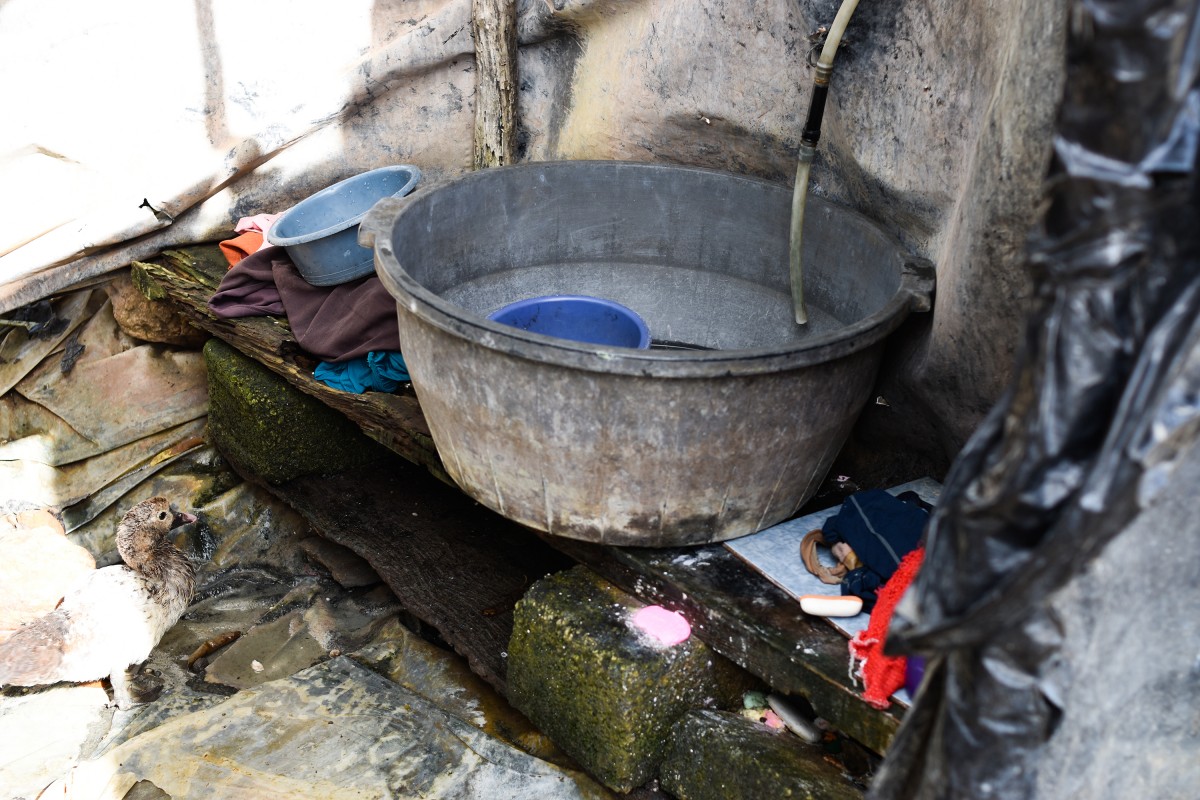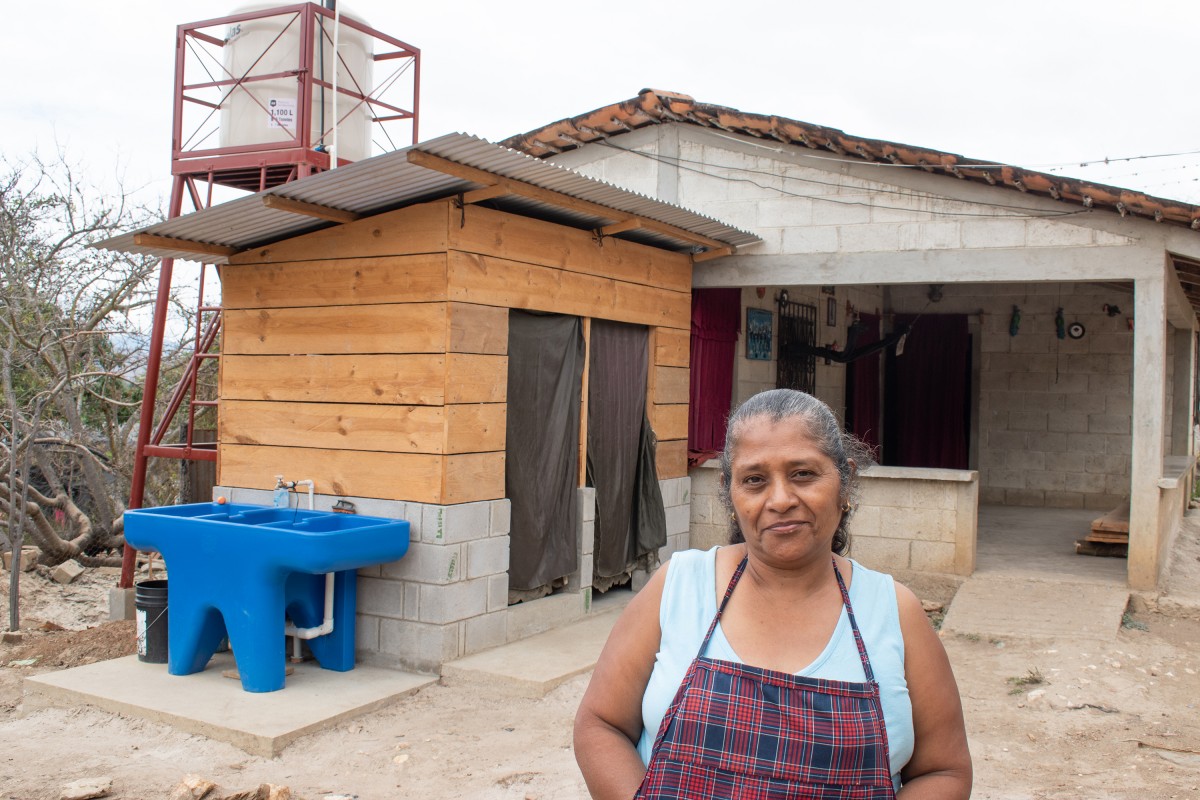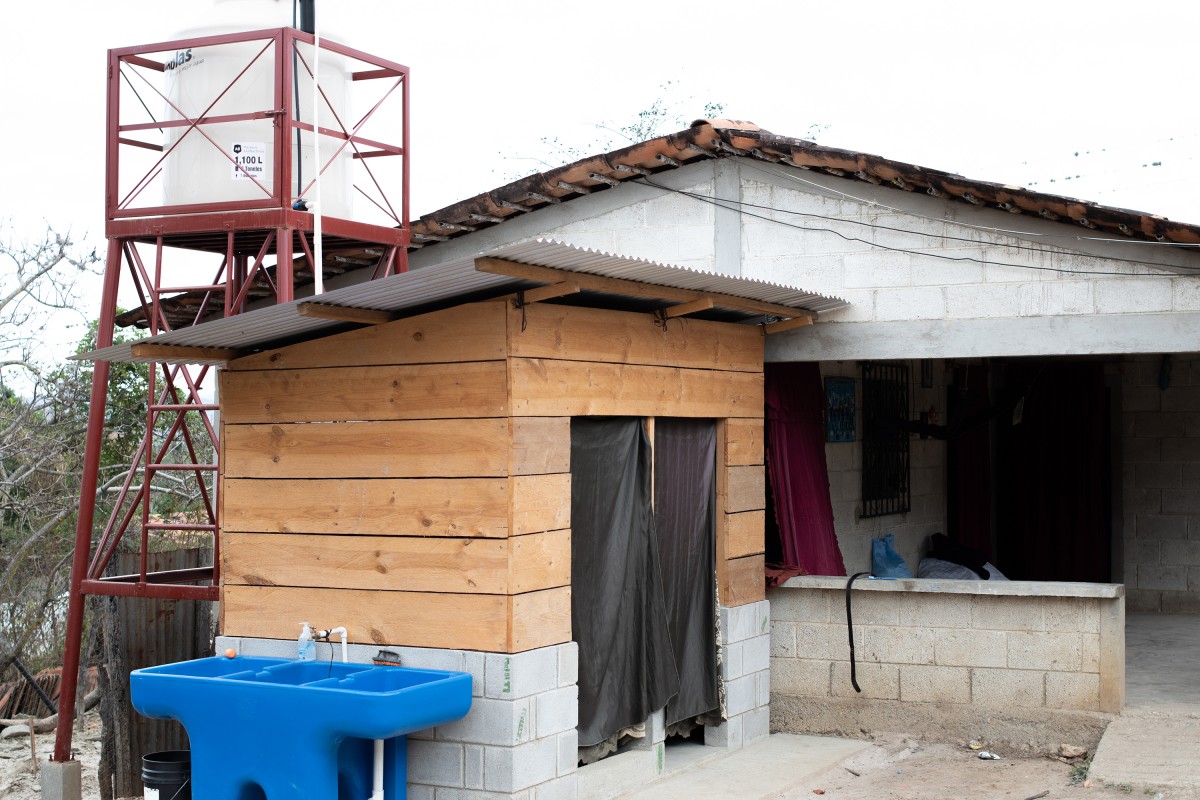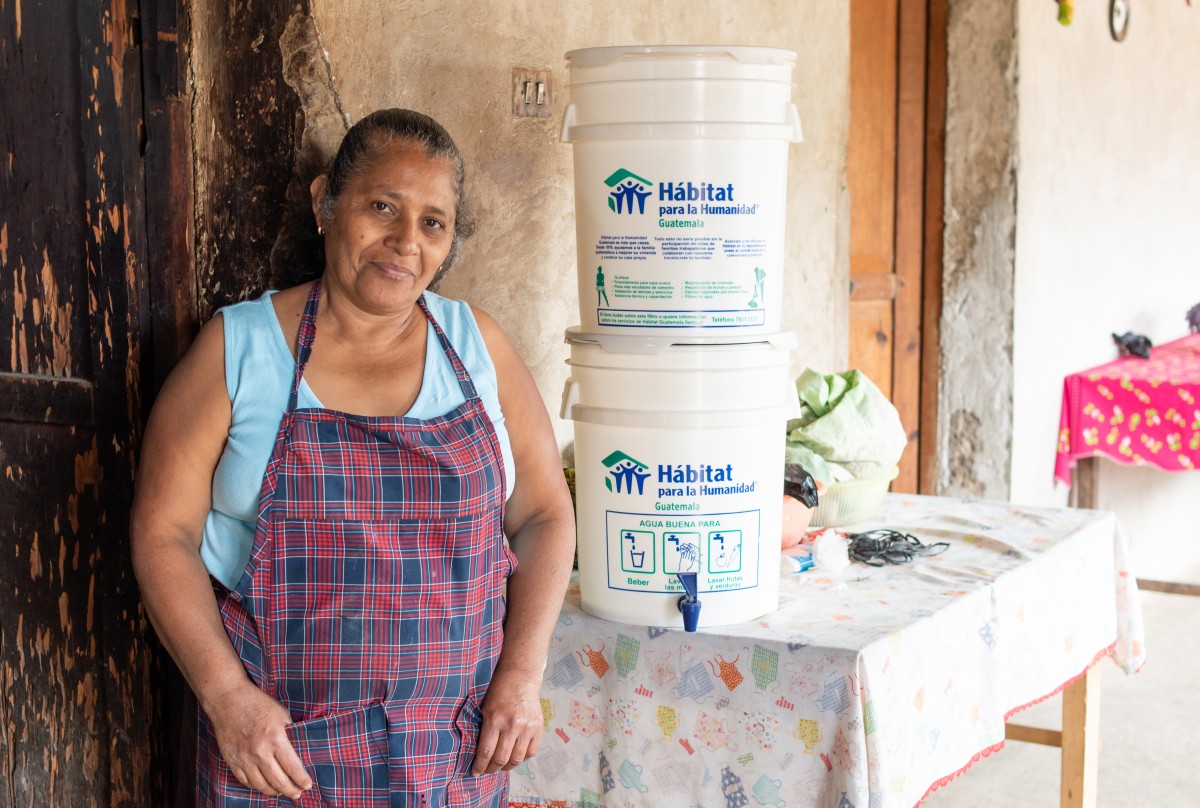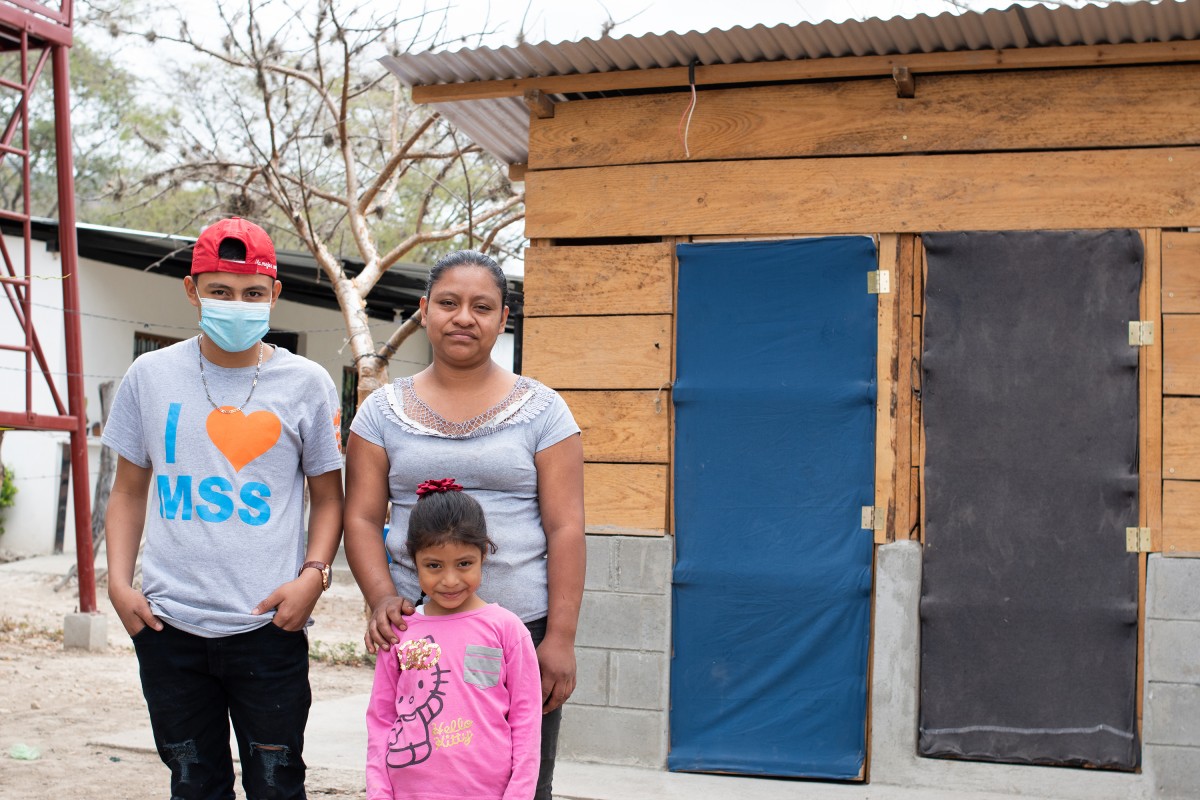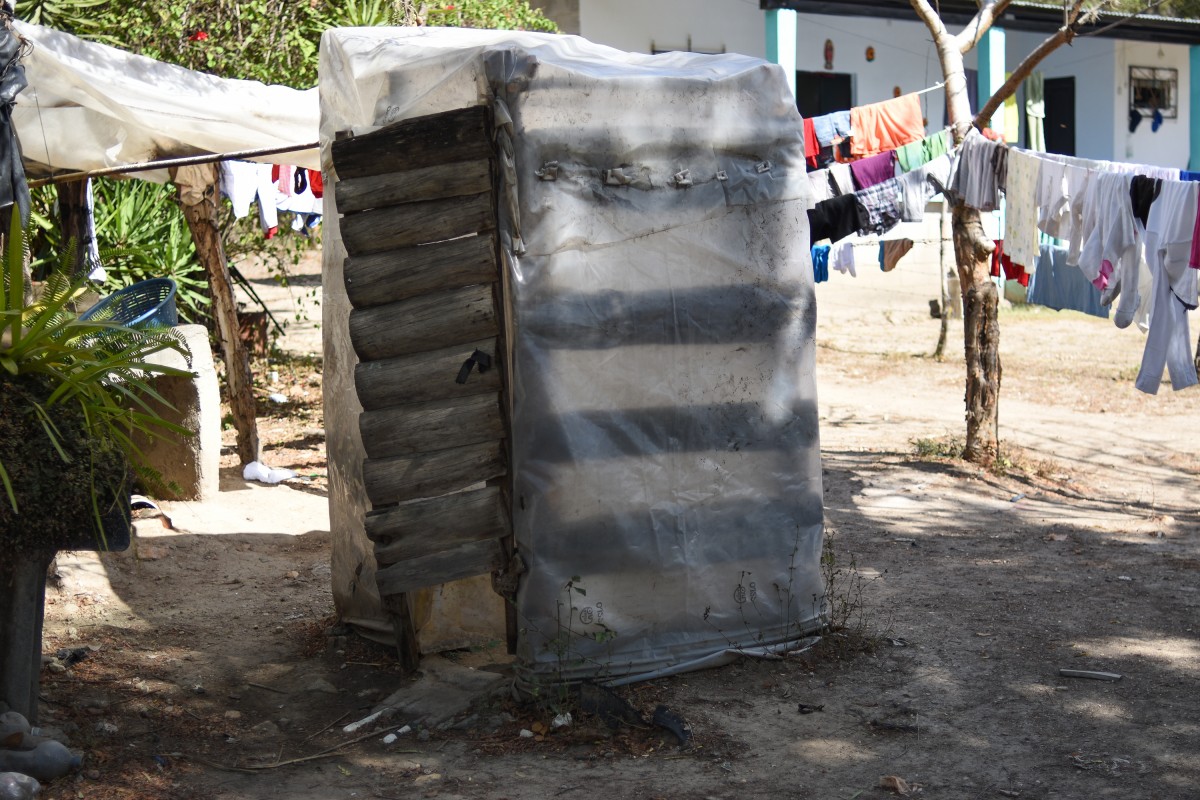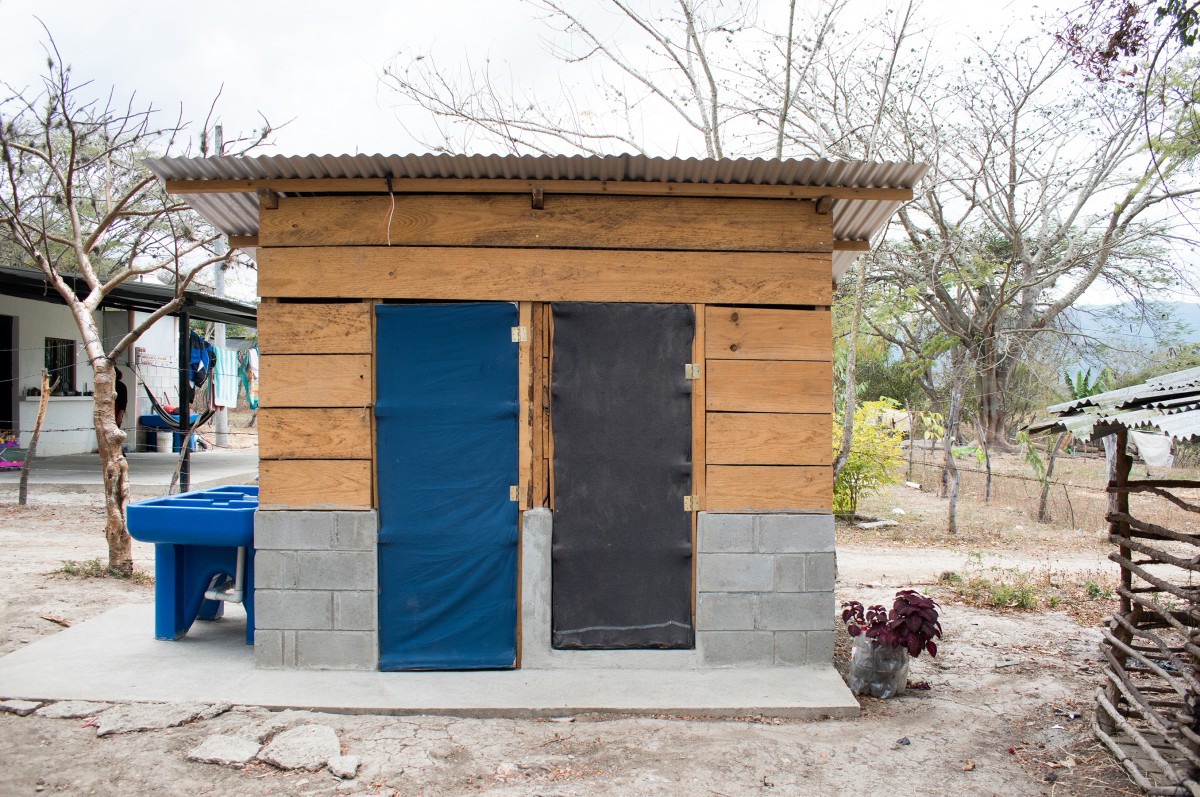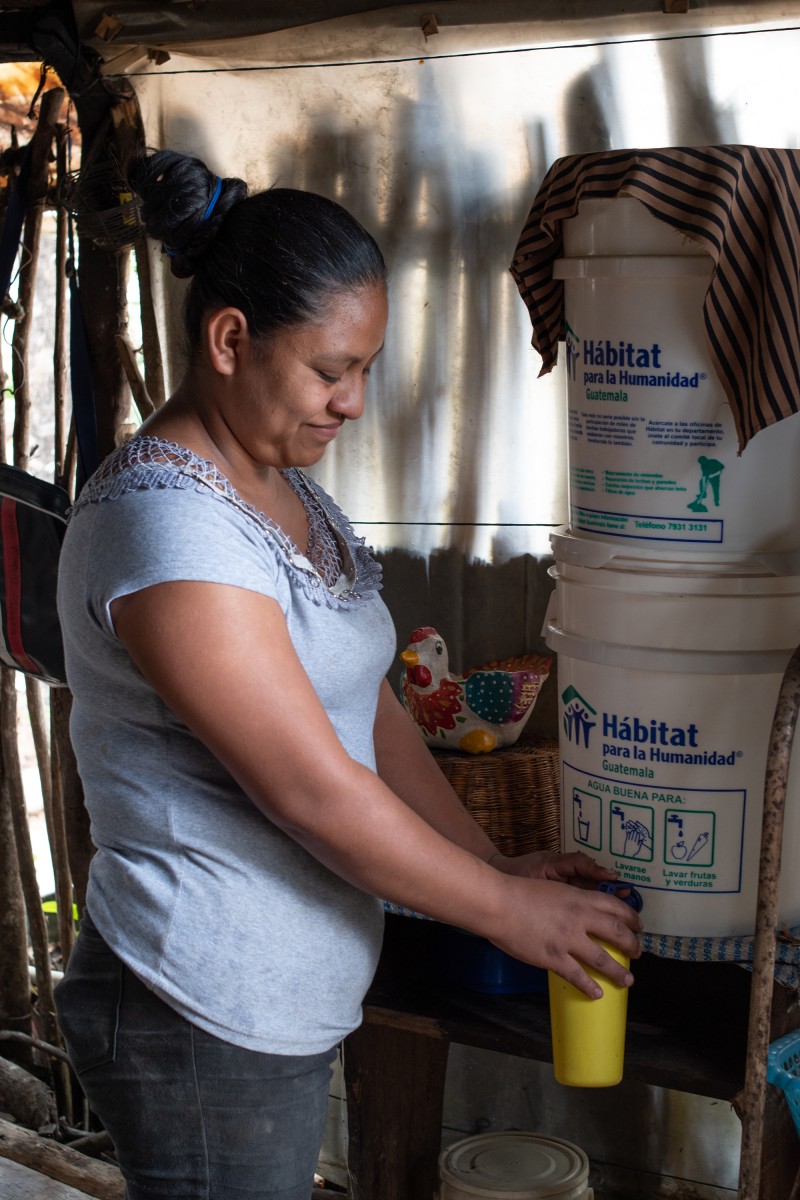Engels Barrios – Huron Valley – Sarah Teare
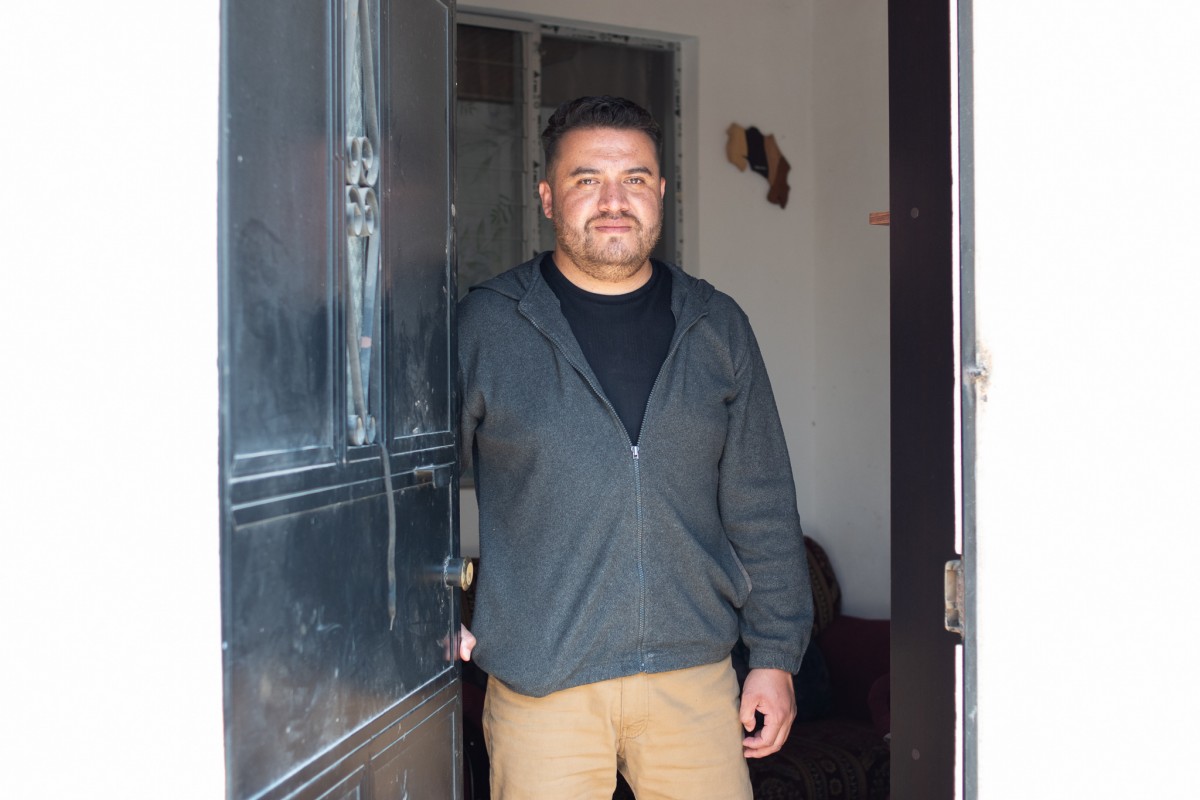
Engels Barrios (33), is the proud new owner of a Habitat home! He lives by his own, next to three more houses inhabited by his siblings, who also built with Habitat in the past. Engels is currently working as sales and business advisor.
Before partnering with Habitat Guatemala to build his home, Engels rented several houses for almost 8 years; “When I was renting, it was very uncomfortable because I had to be packing and moving my stuff all the time. So, one day my parents gave me this piece of land, and I decided it was time to build my own house,” he refers.
When we asked how he feels with his new home, Engels answered, “I feel great! Knowing that now I am paying for something that is for my own is very satisfactory, because I do not have to worry anymore about having to leave a place, and I am thankful for that.” In the future, Engels is planning to build some fences or walls outside the house and add a second floor.
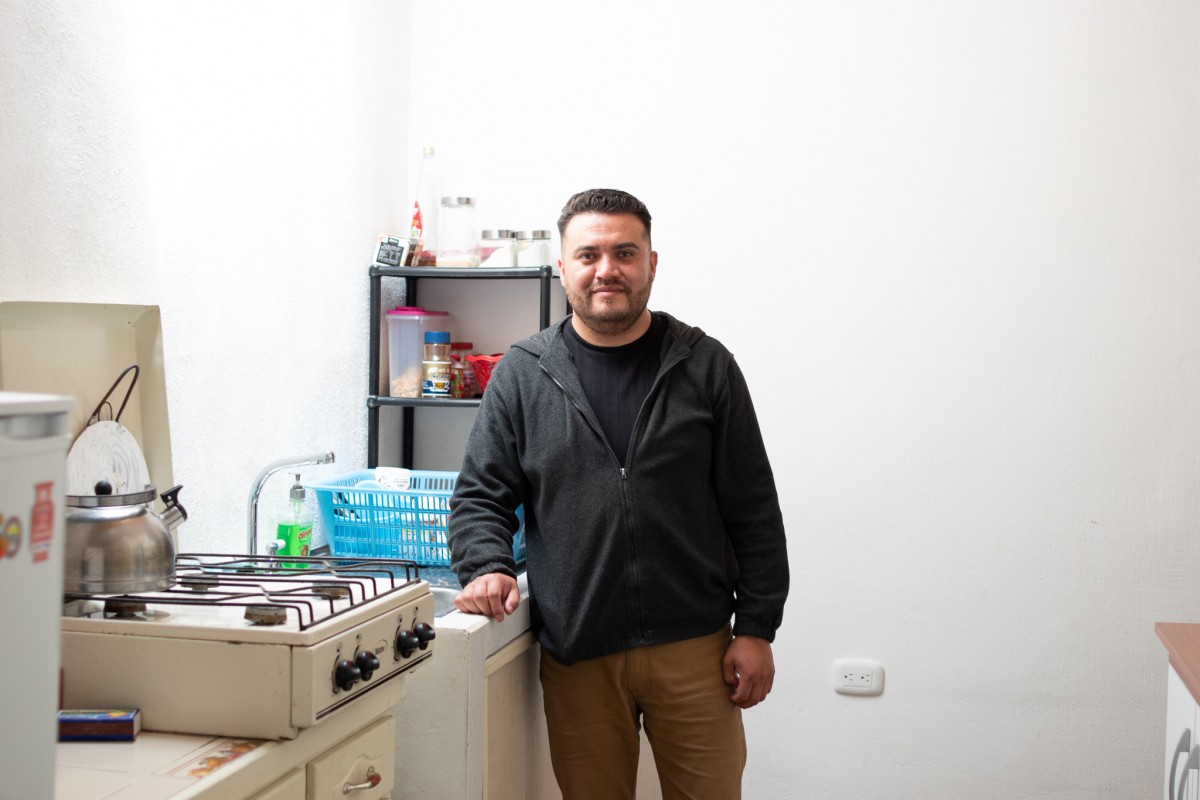
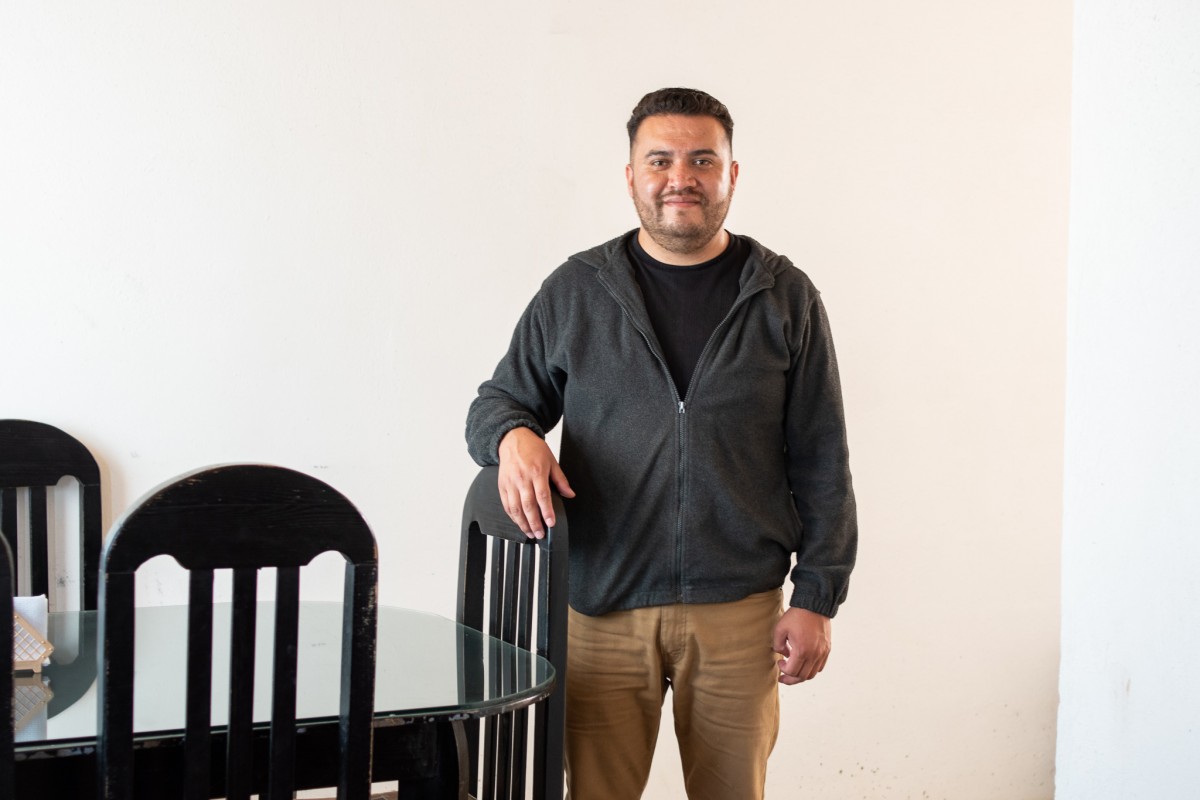
Regarding to COVID-19 pandemic, Engels mentions, “Regarding to that, now I know that I can come back home and be safe here, it is the best feeling.” he continues, “what I enjoy the most of my house is that, even though outside is very warm or cold, inside it stays fresh and cool.”
About the time shared with the volunteers Engels recalls, “Because of work I could not be present during that week, but my family, specially my sister, Lissette, and my parents, were here, and everyday they shared pictures and videos with me,” he continues, “It was a great week, they not only helped my family, but the community, because they were playing with all the children from the block and they were all really happy.”
He finished by sharing a message to the volunteers, “Thank you all very much for your support, even though I could not be present, receive our greetings from me, and my family,” he continues “I invite you to continue on supporting more families.”
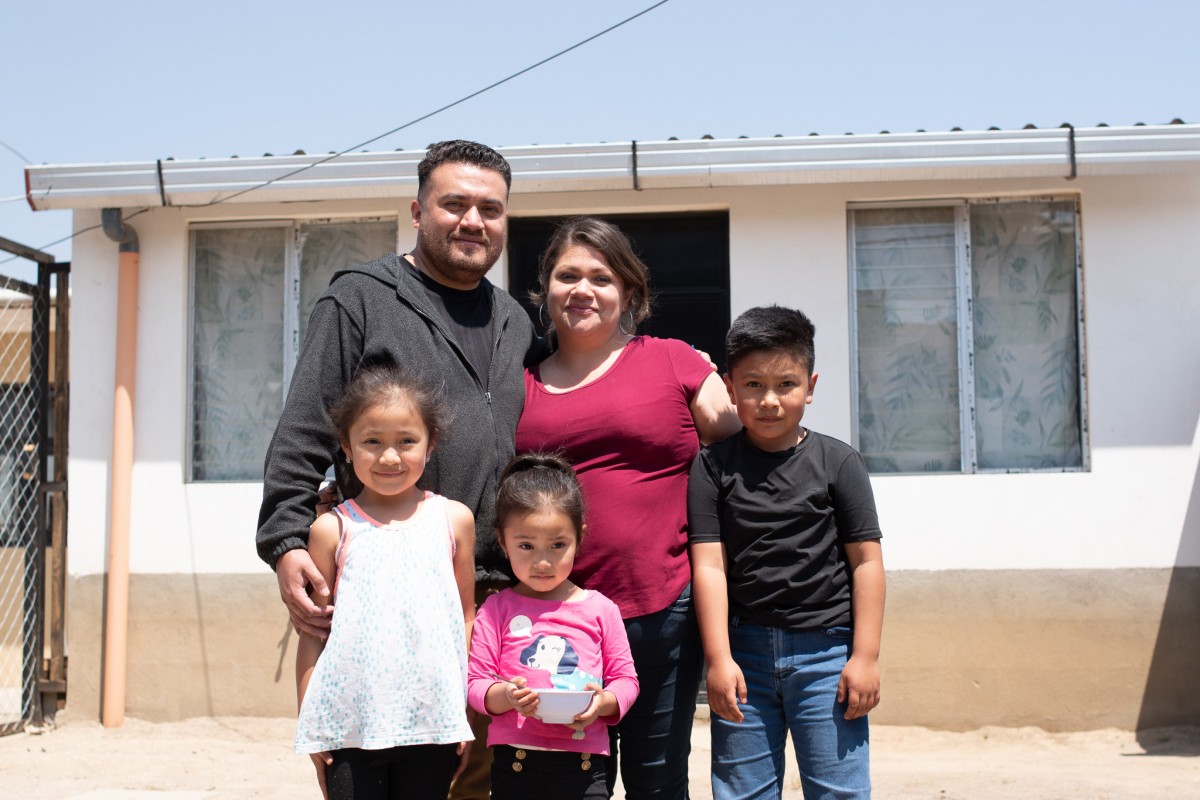
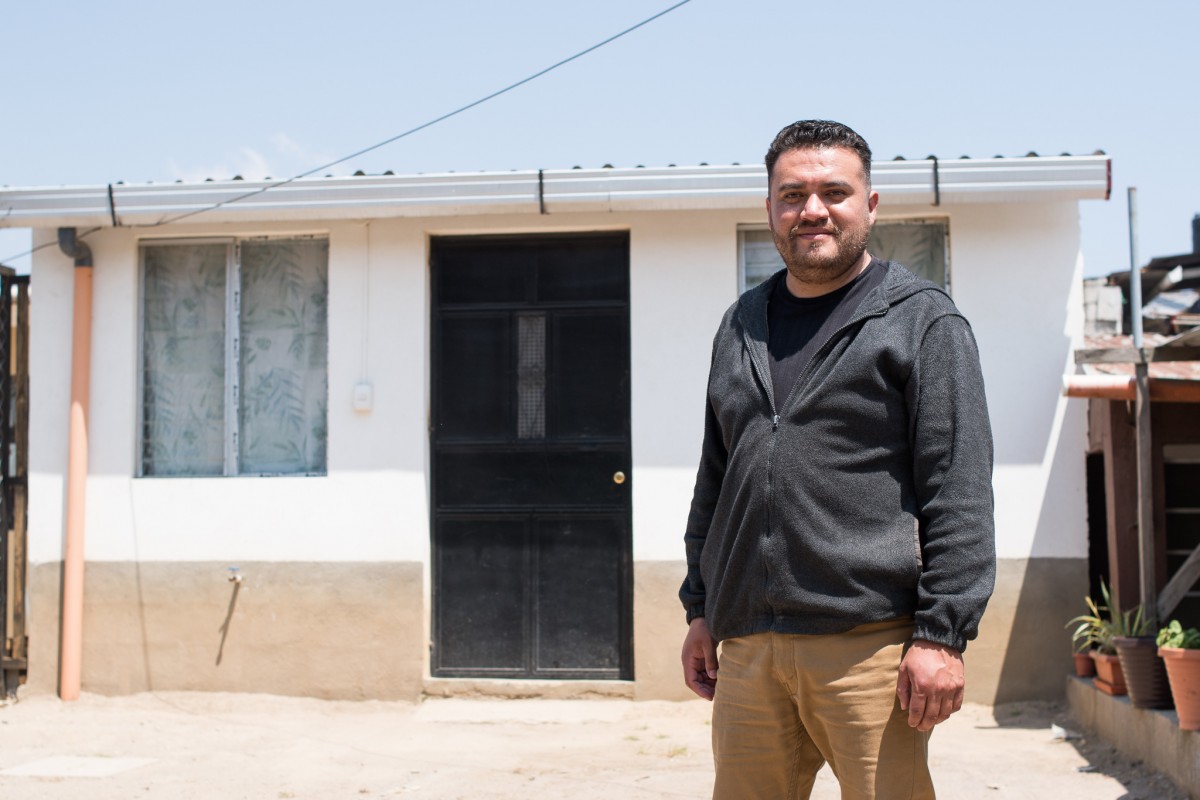
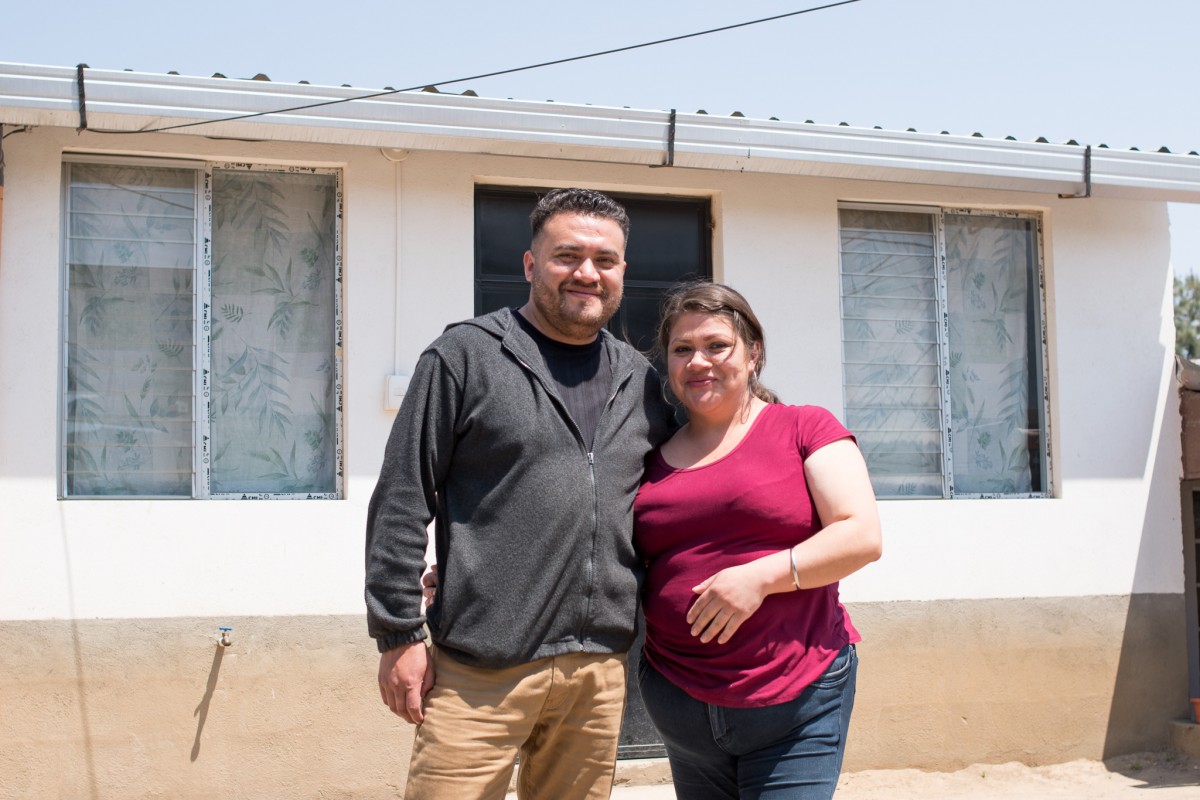

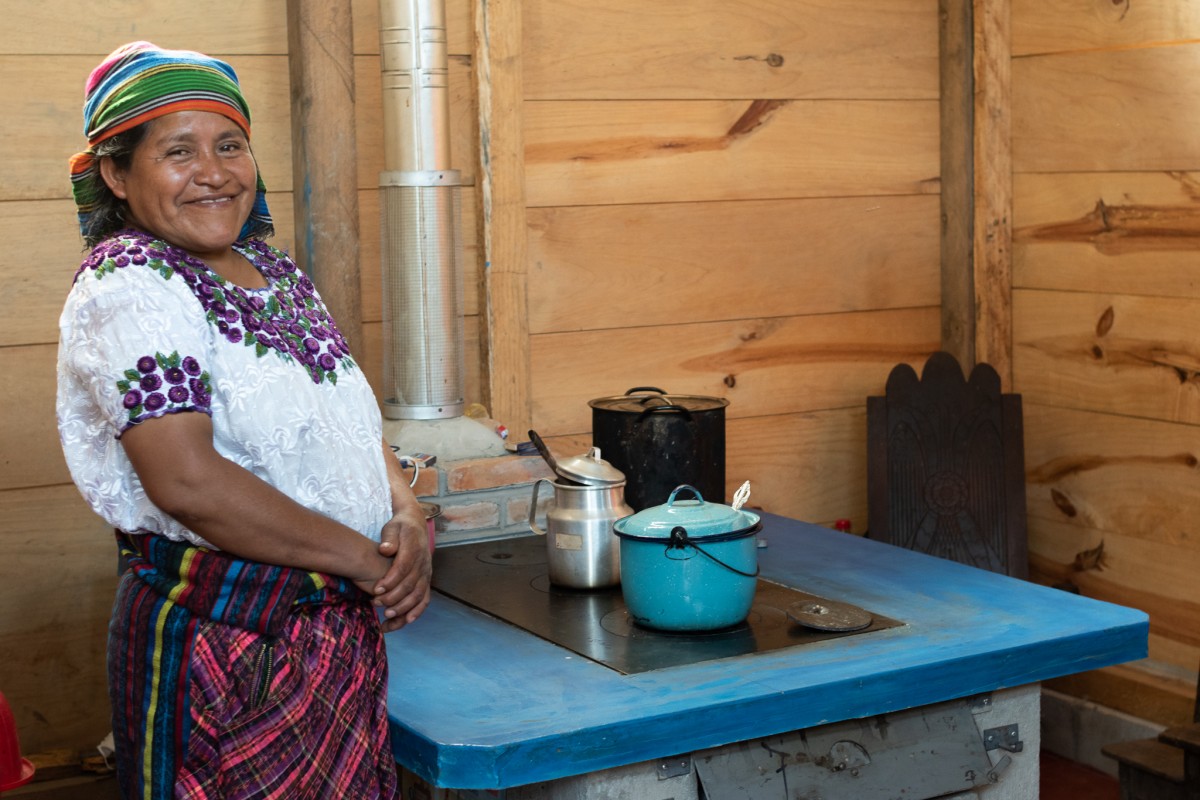
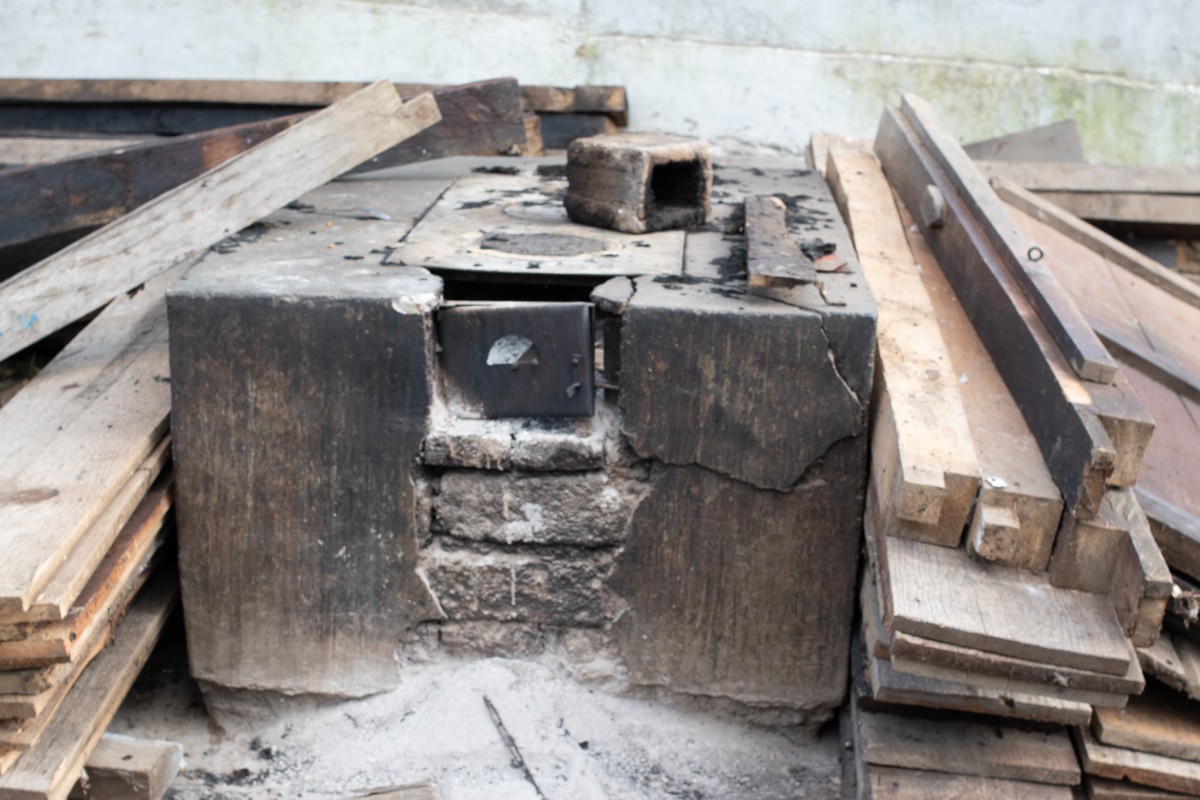
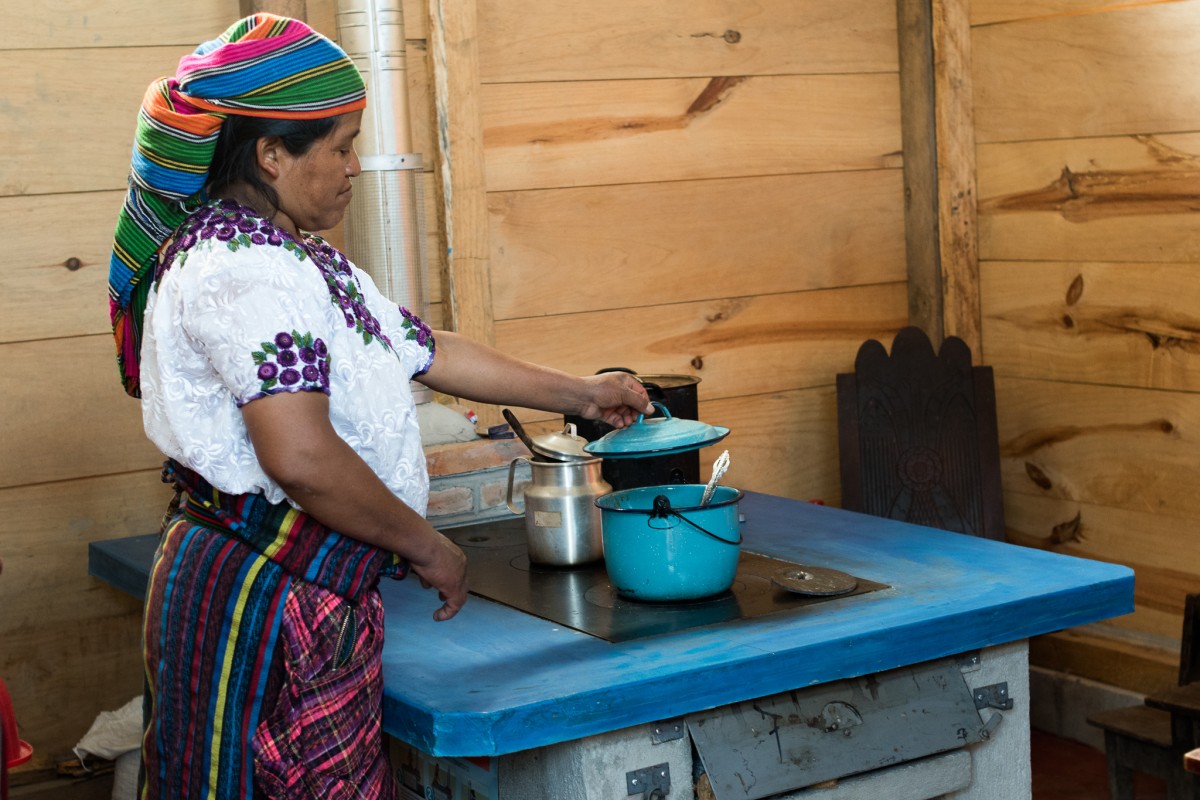
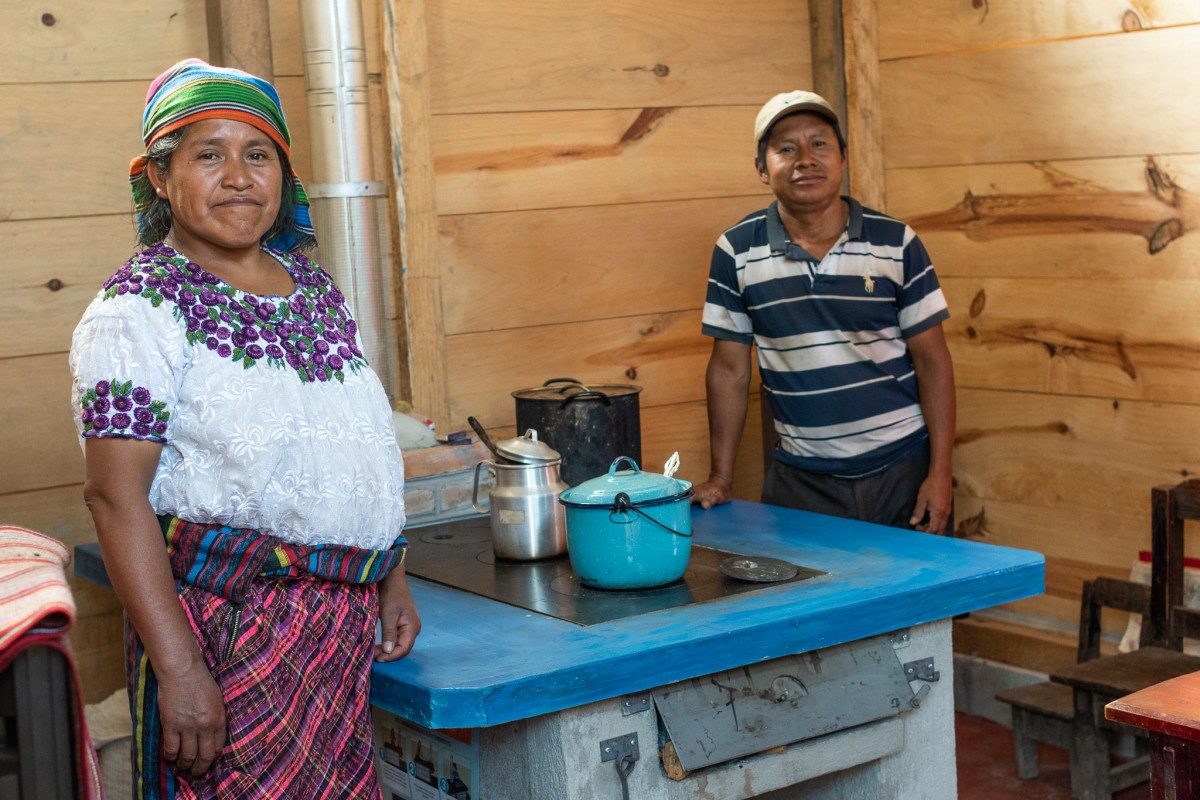
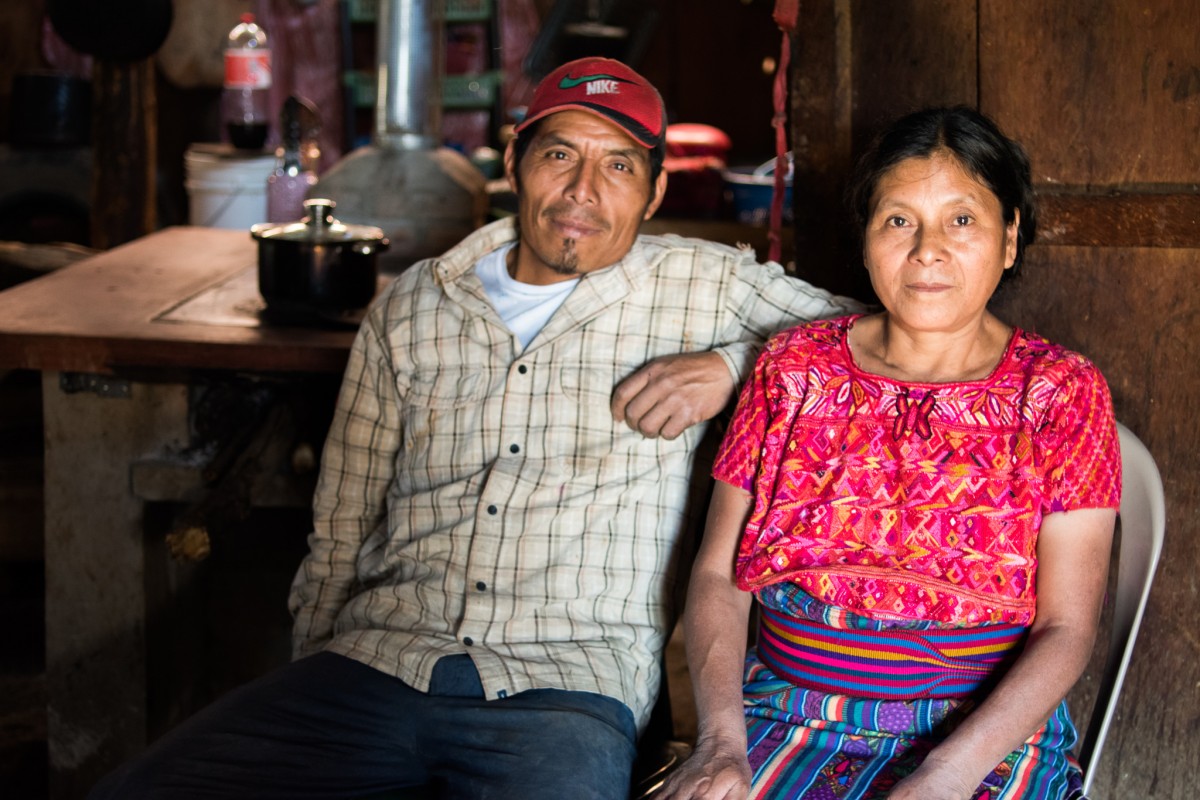
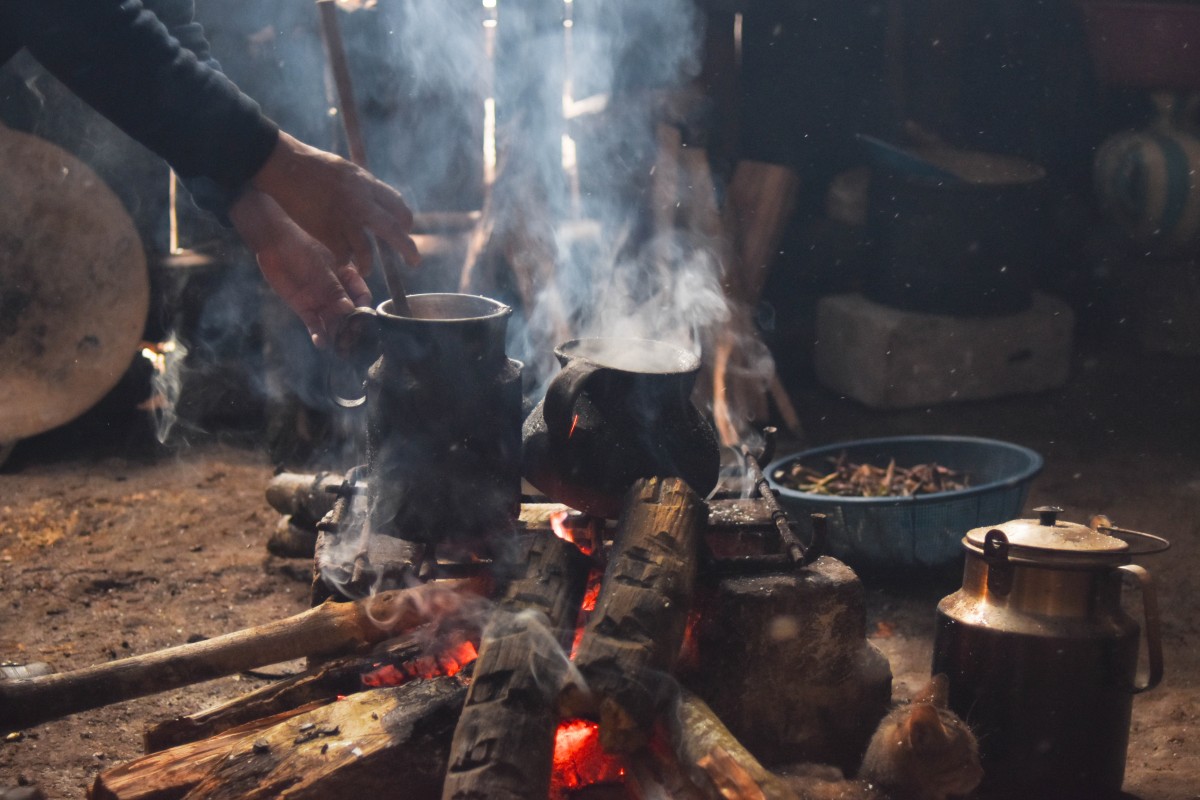 (pictured, Teresa’s old stove, or “poyo”)
(pictured, Teresa’s old stove, or “poyo”)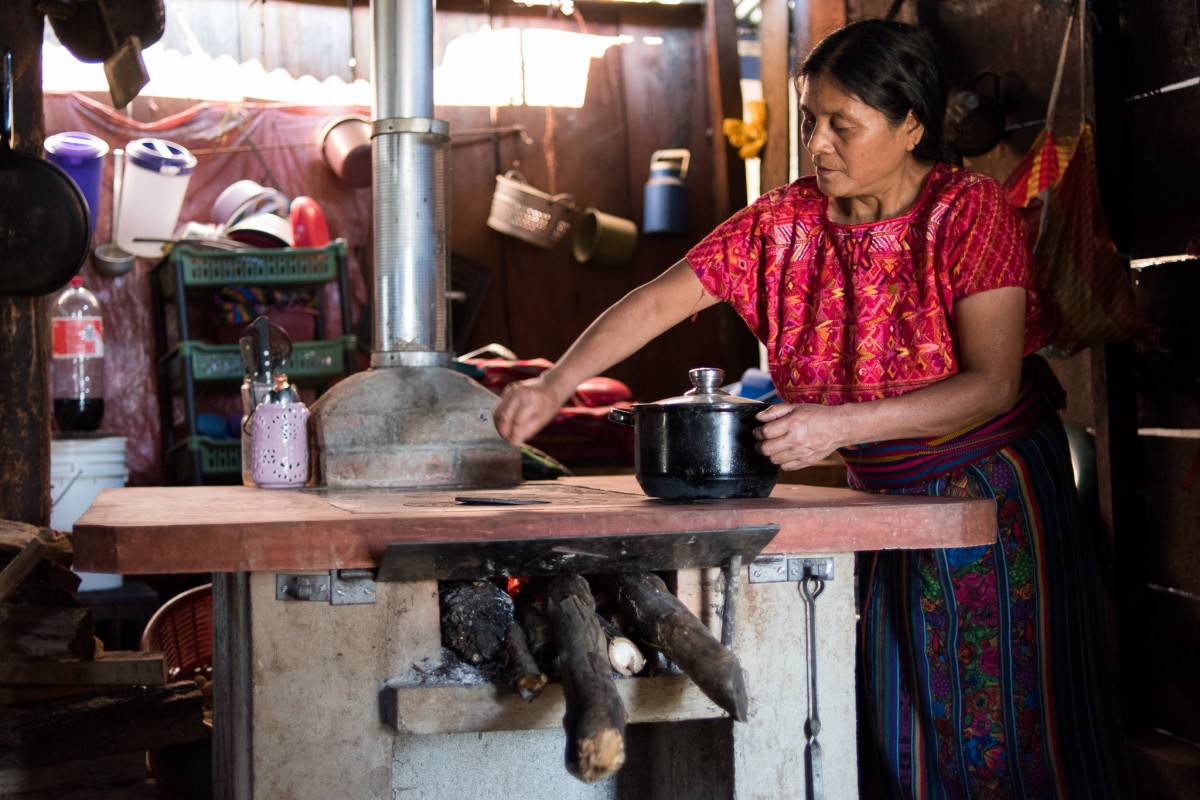
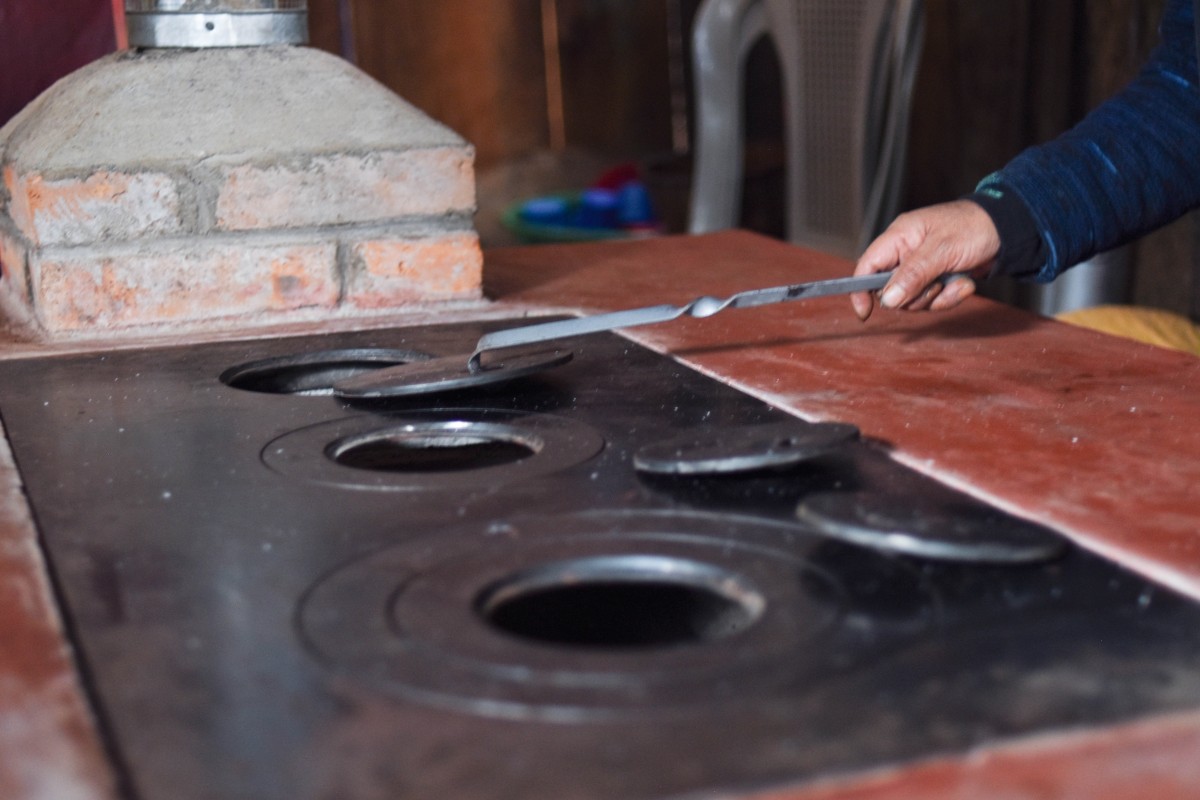
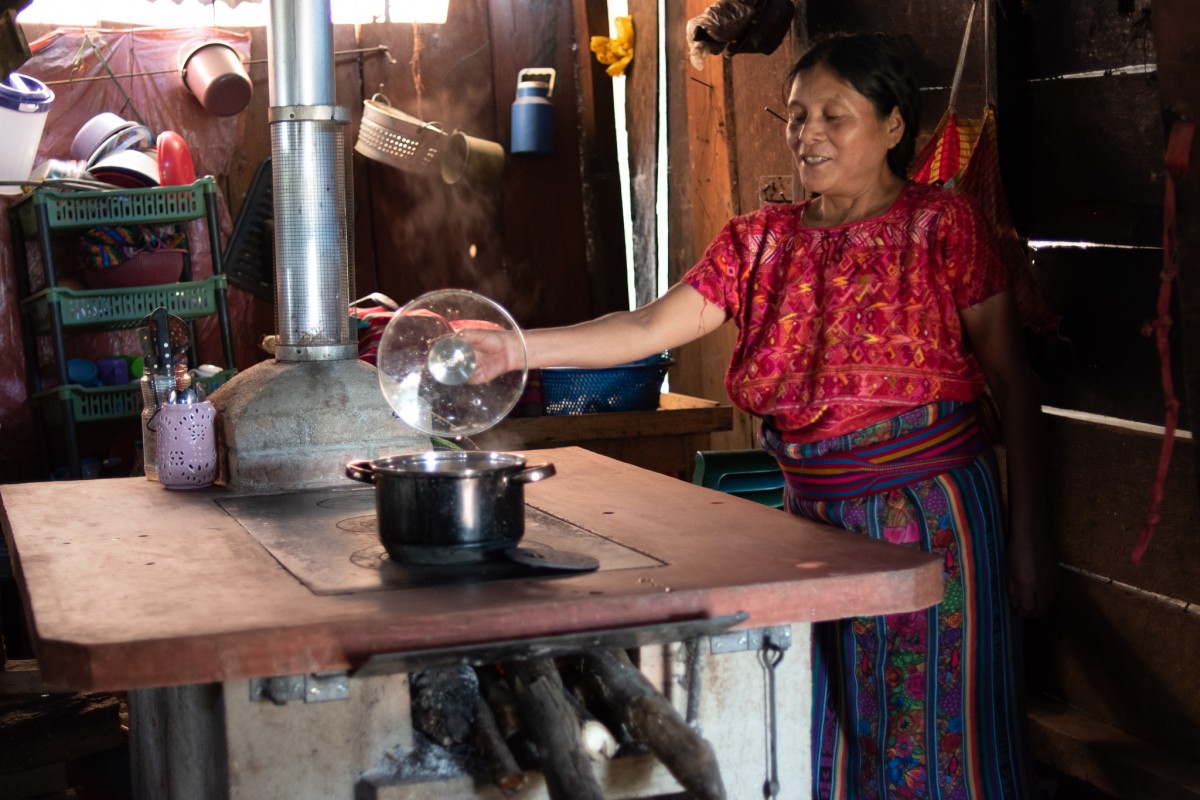
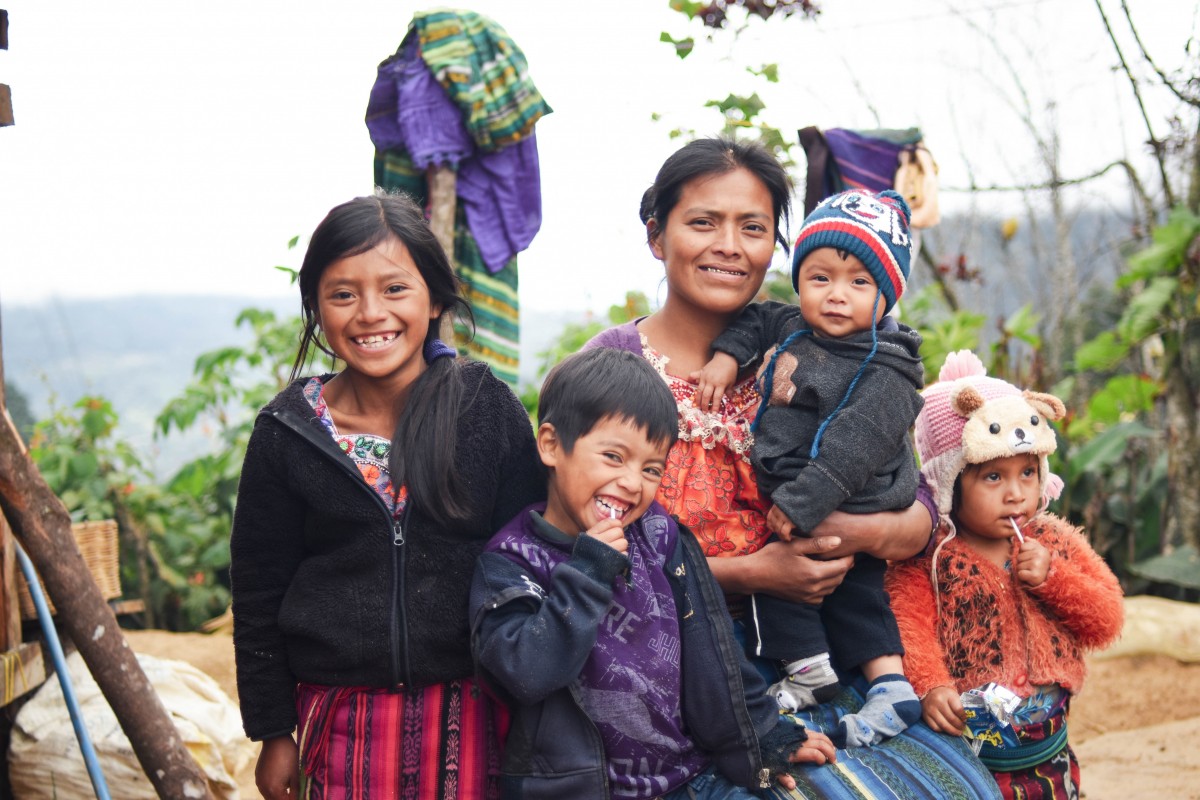
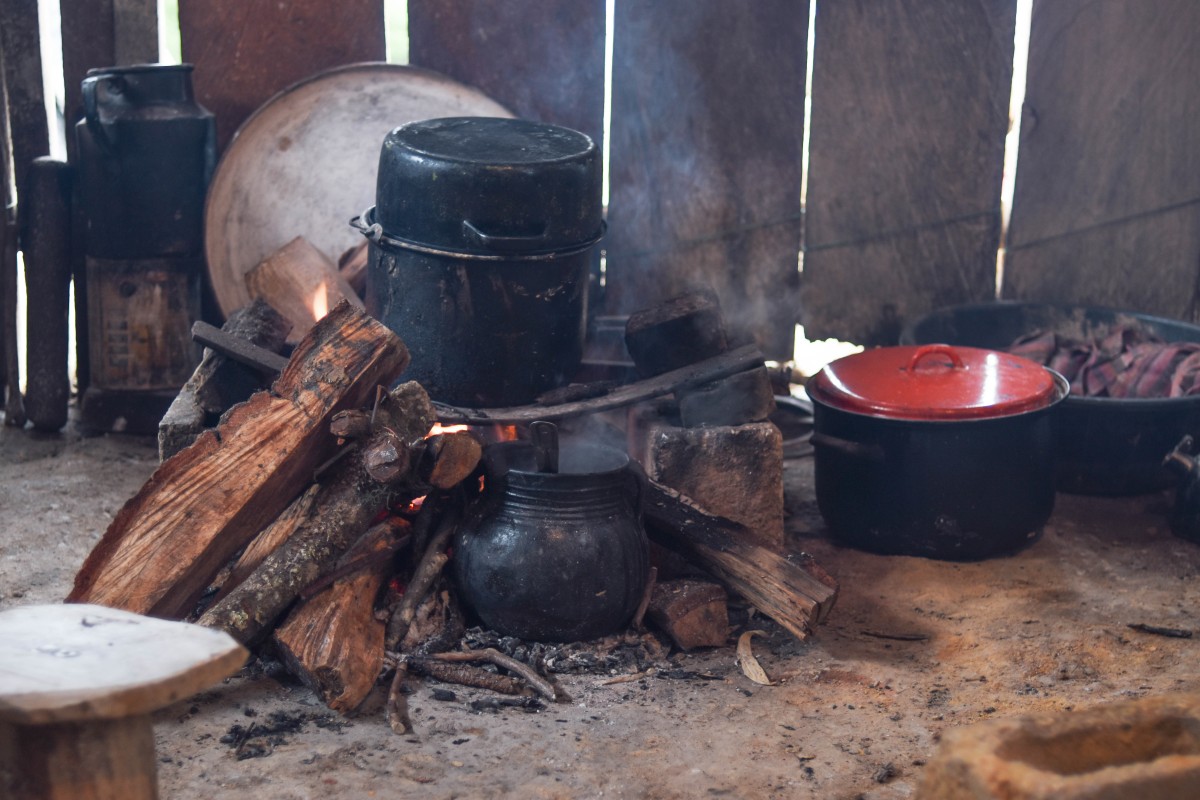
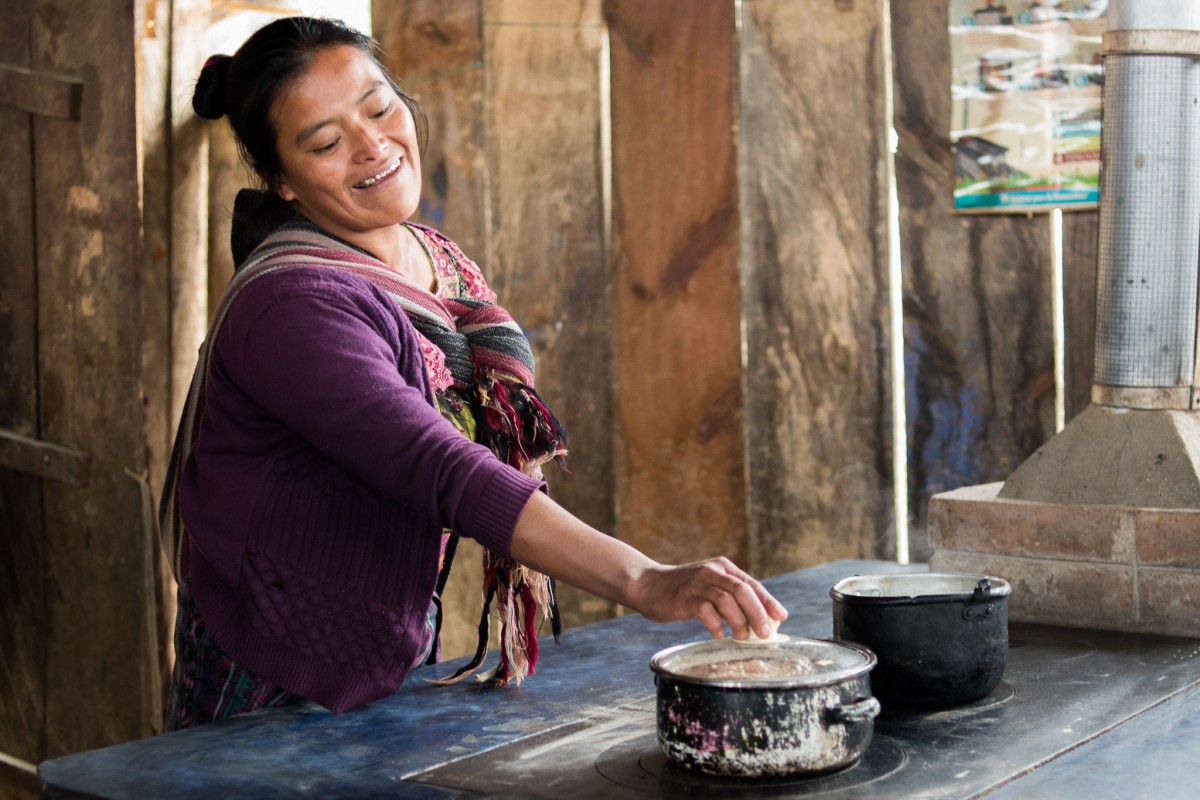
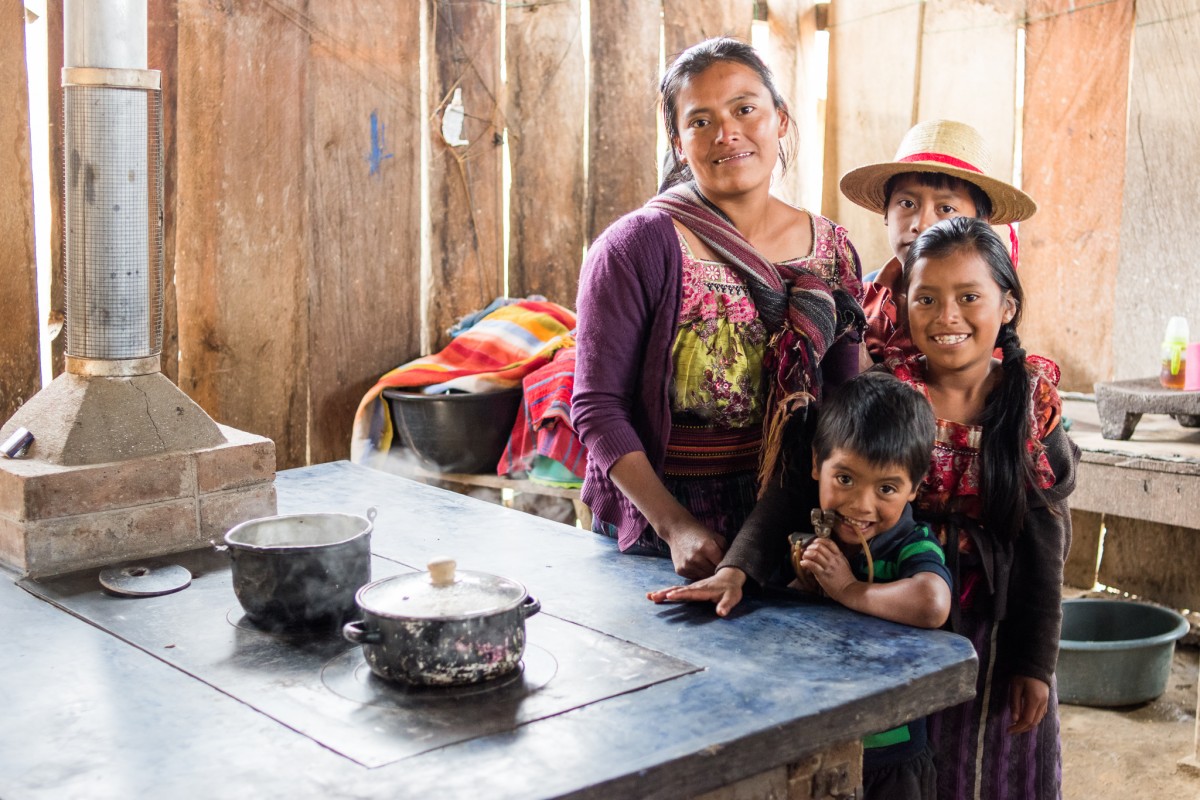
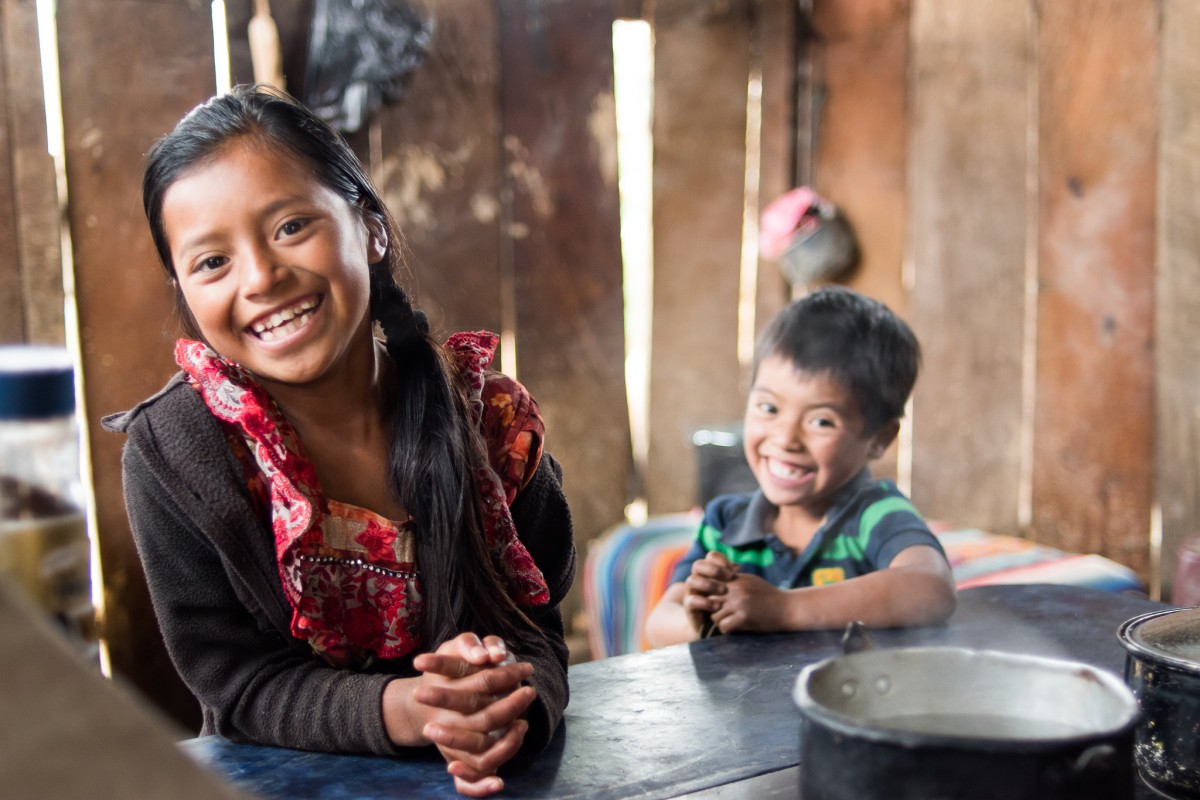
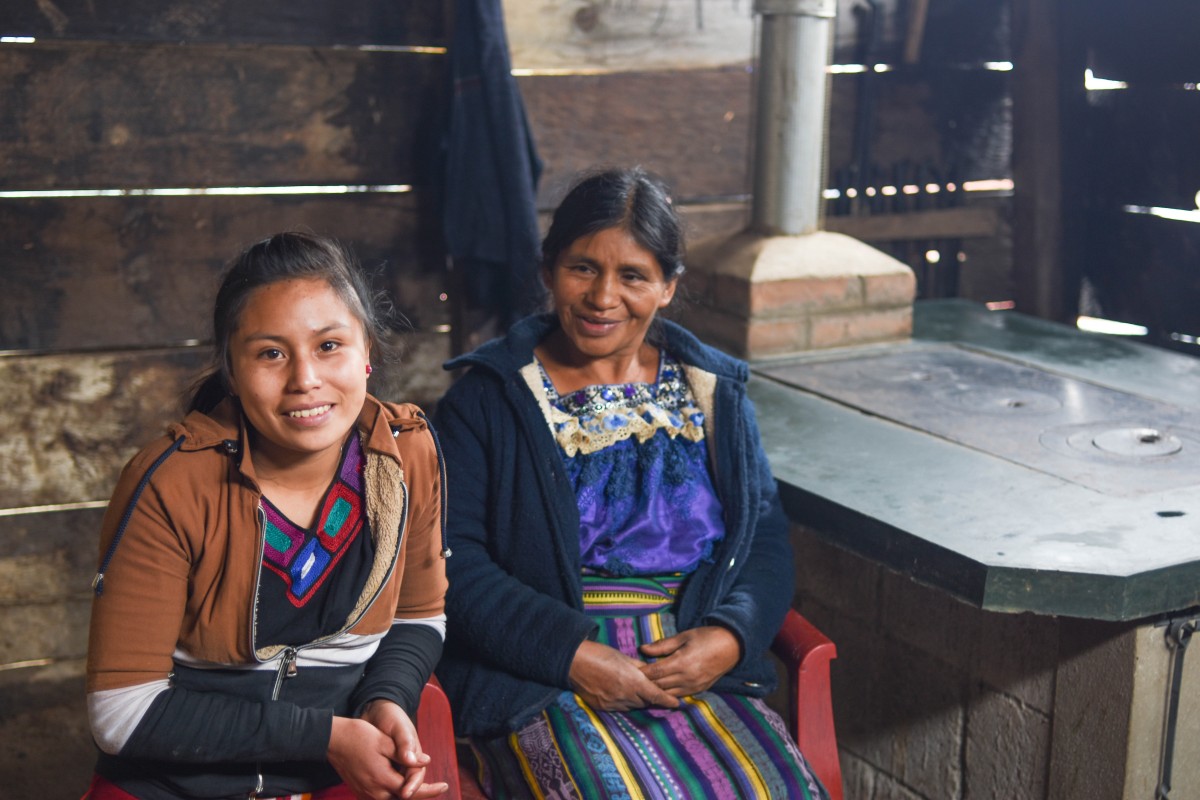
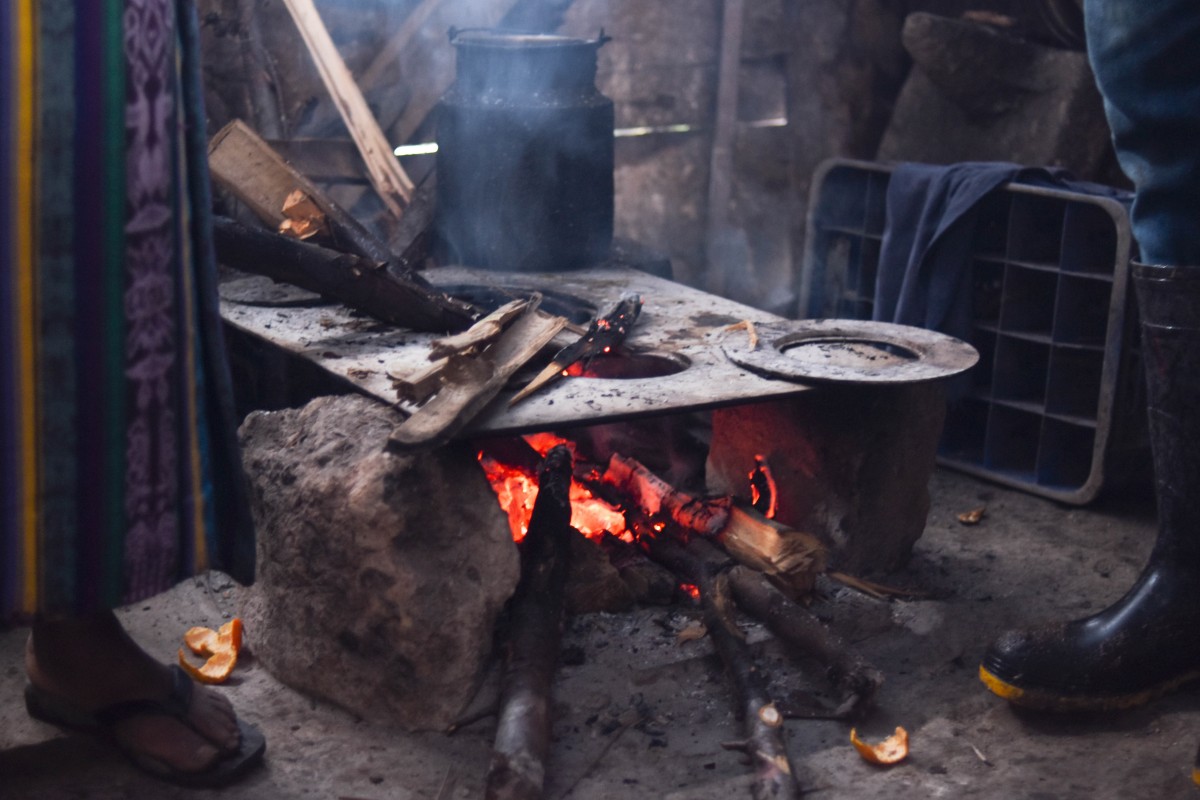 (Pictured, the family’s old stove, or “poyo”)
(Pictured, the family’s old stove, or “poyo”)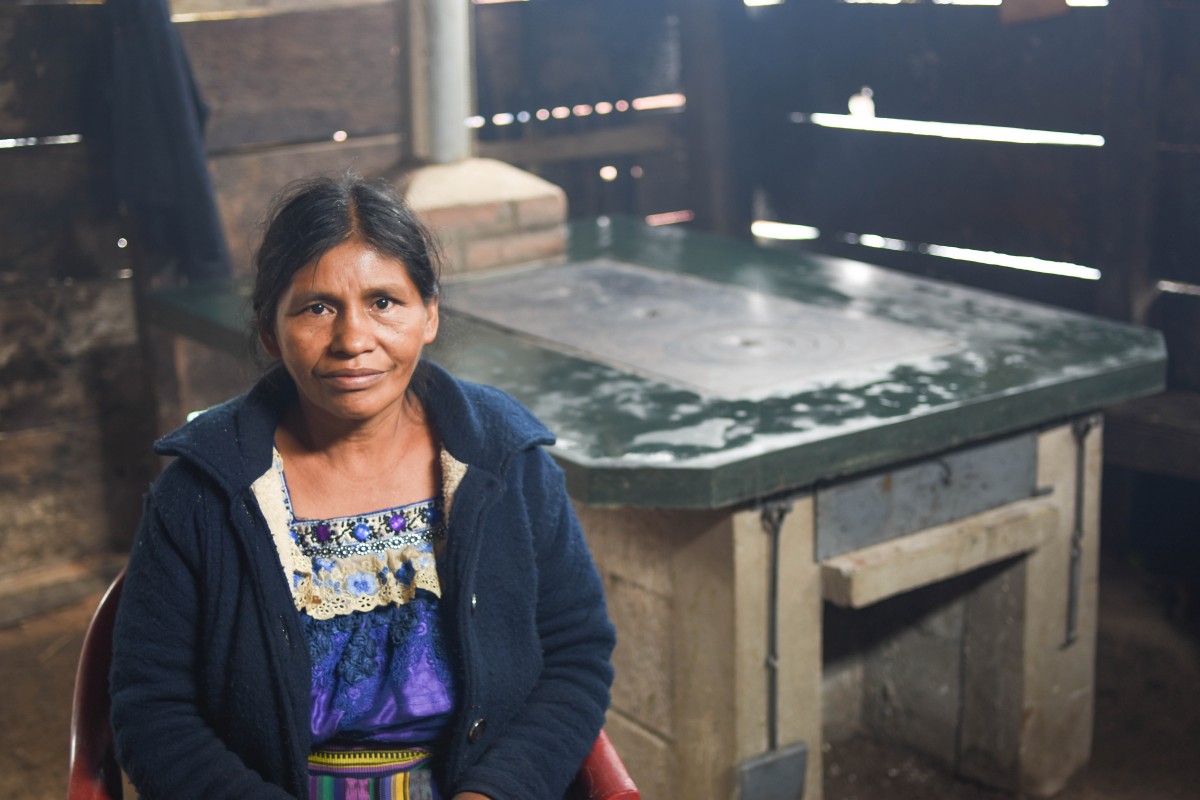
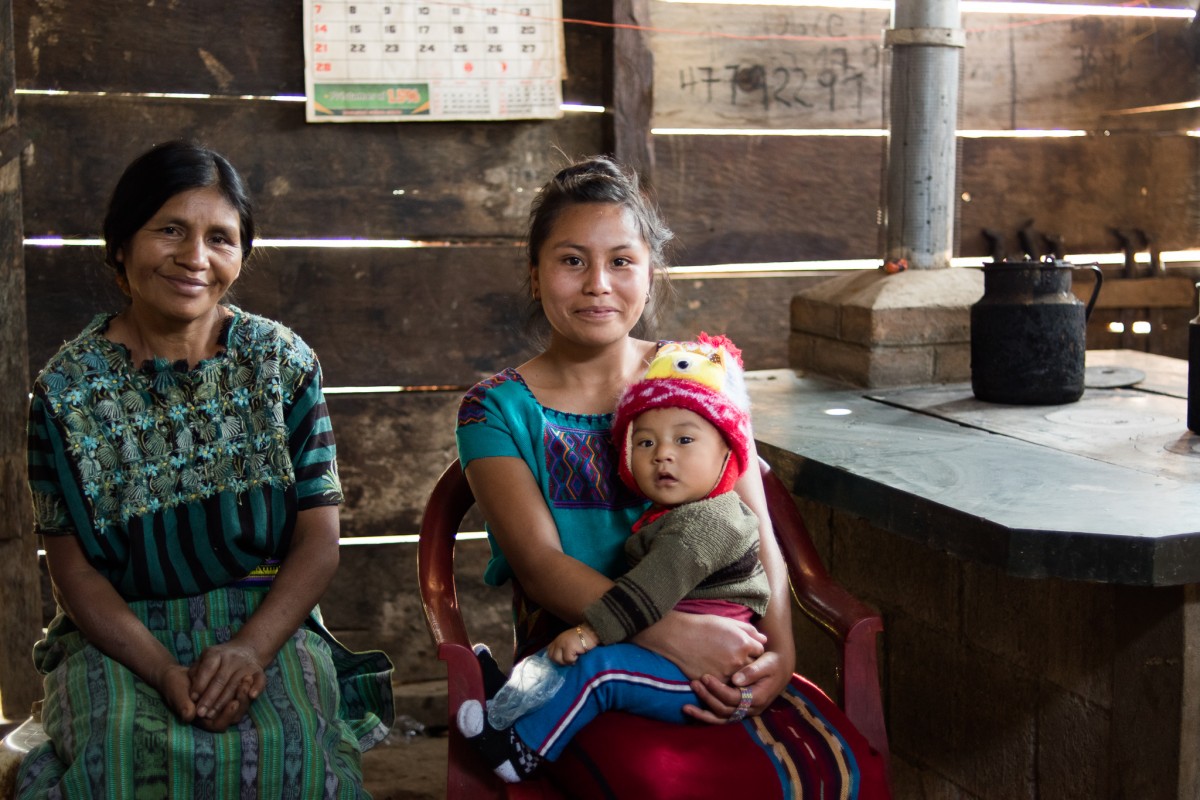
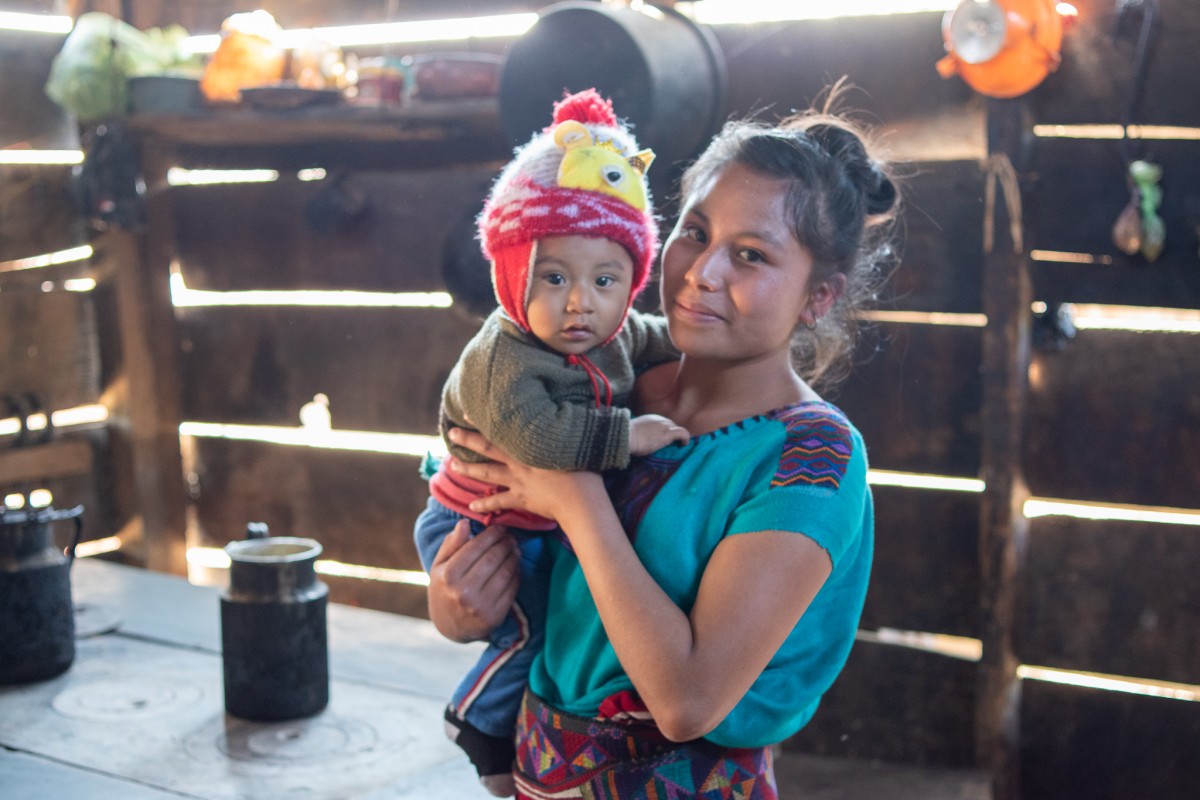
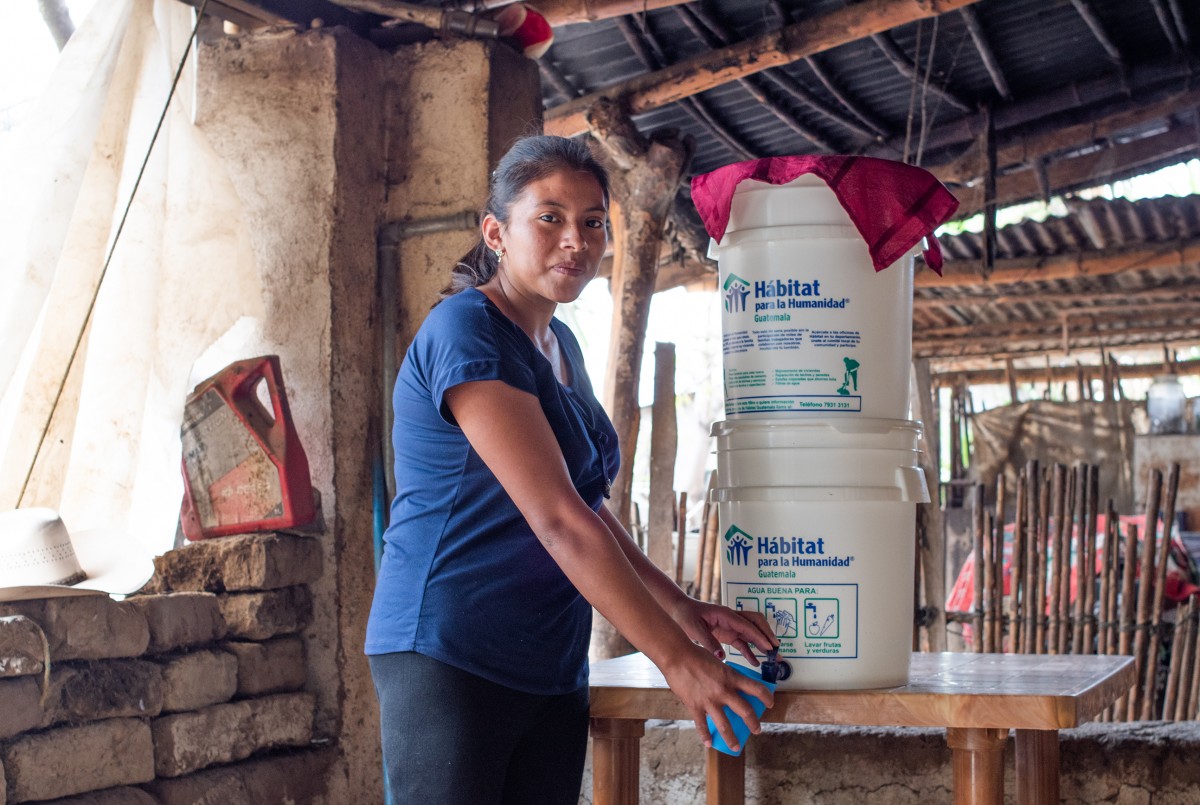
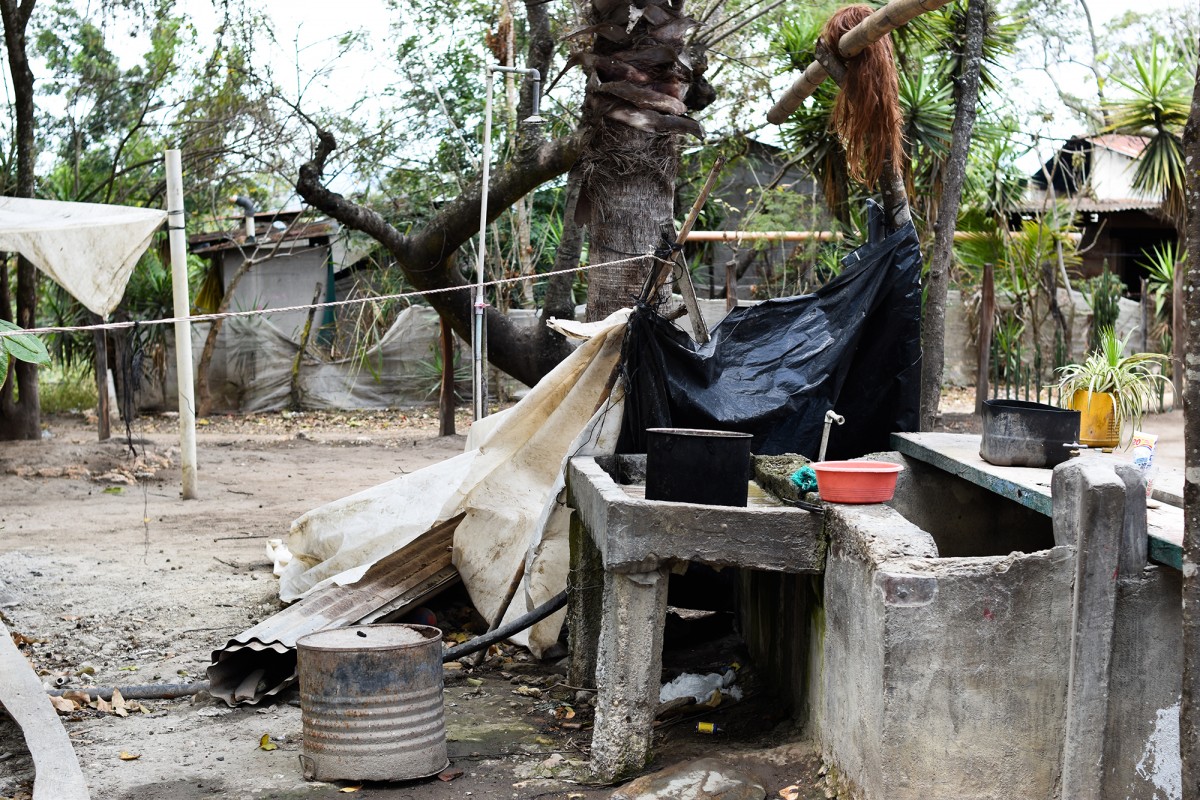
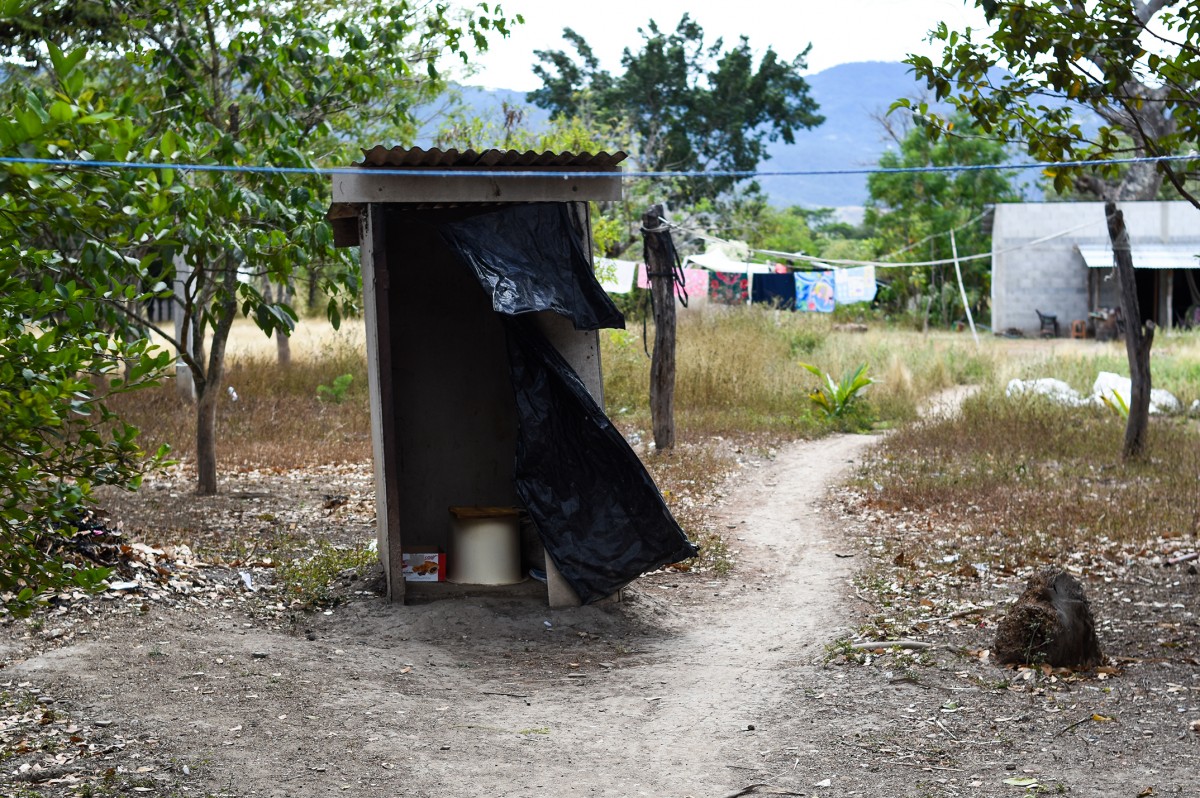 (pictured the family’s old latrine)
(pictured the family’s old latrine) 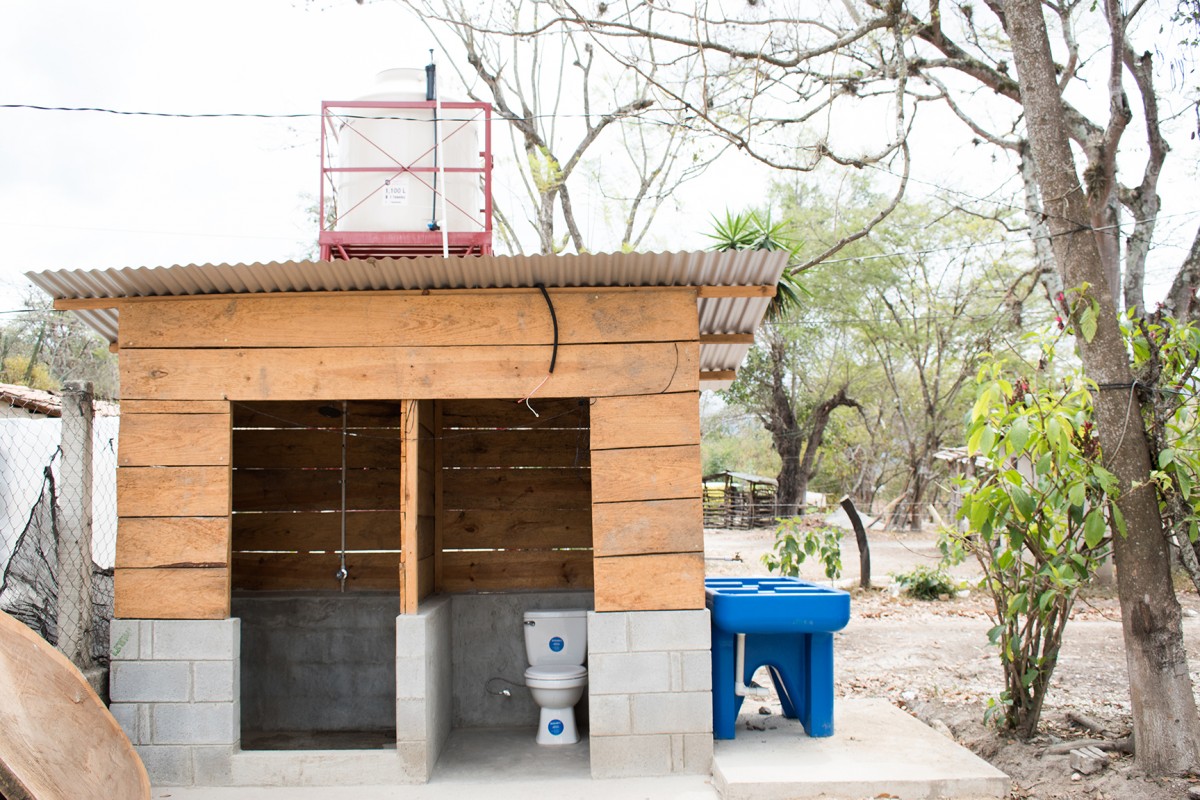 (pictured the family’s new sanitary unit, including a ceramic toilet, a shower and a pila)
(pictured the family’s new sanitary unit, including a ceramic toilet, a shower and a pila) 